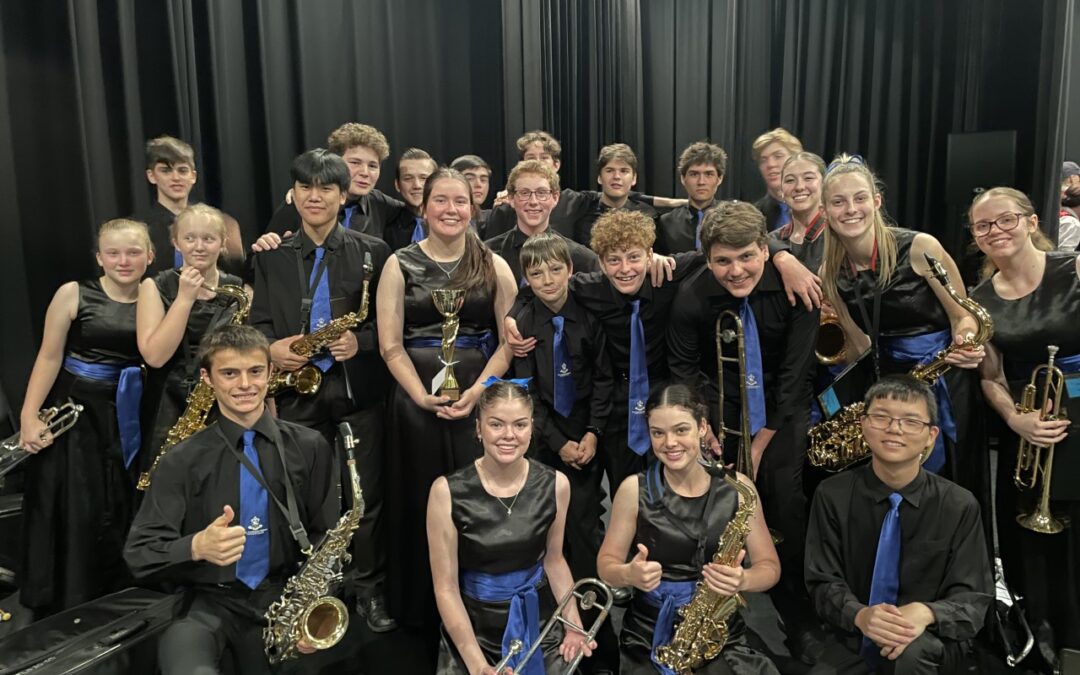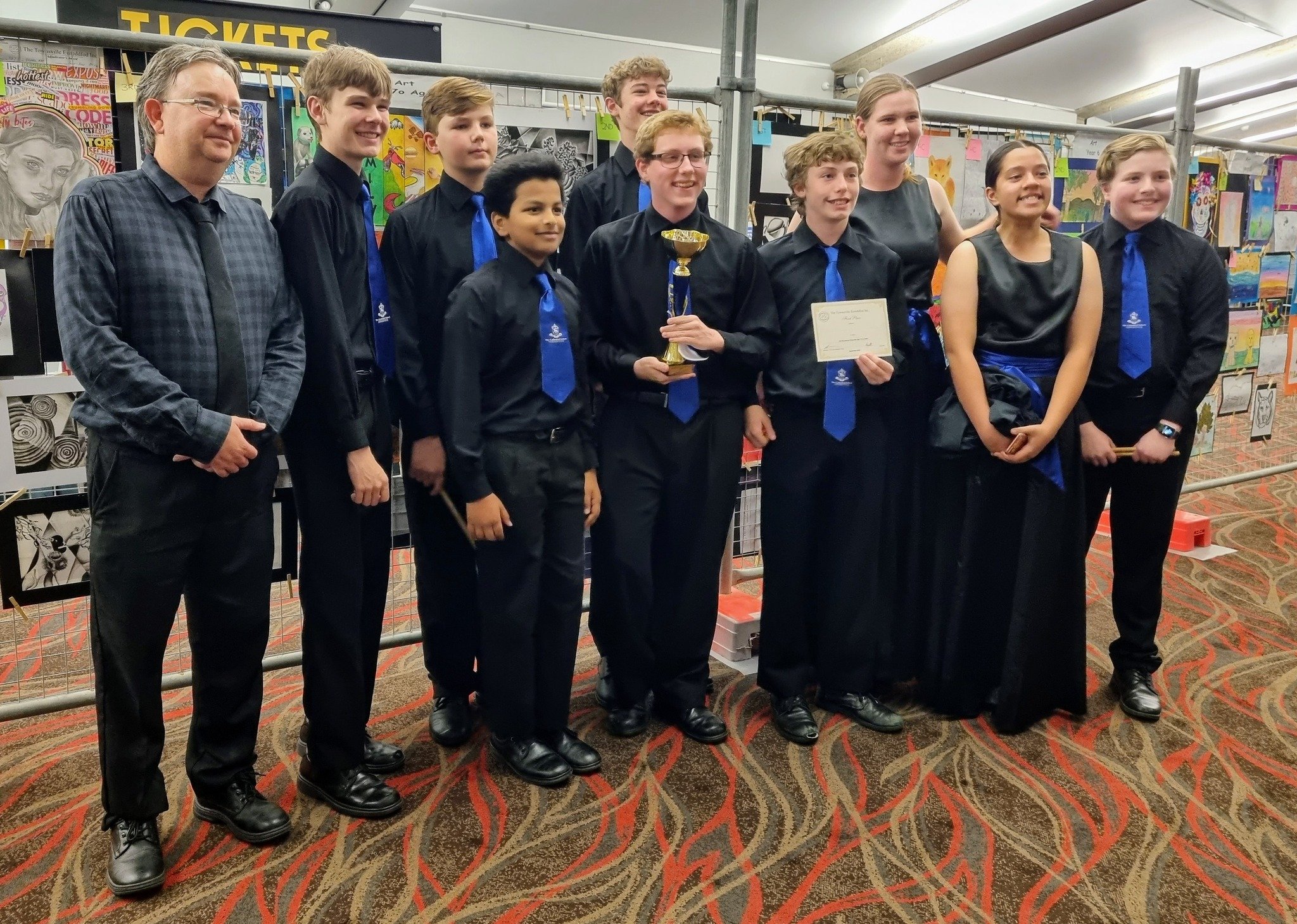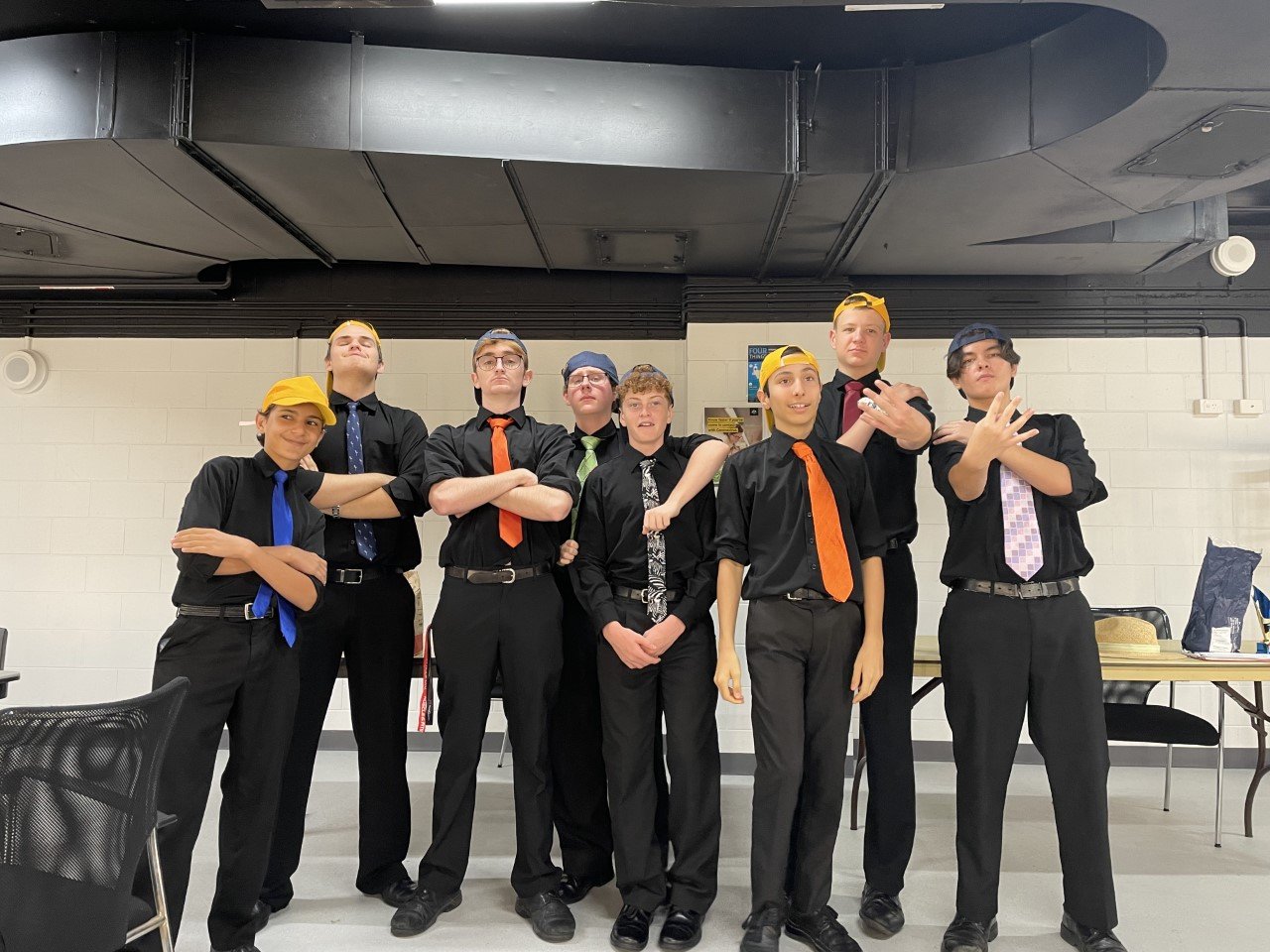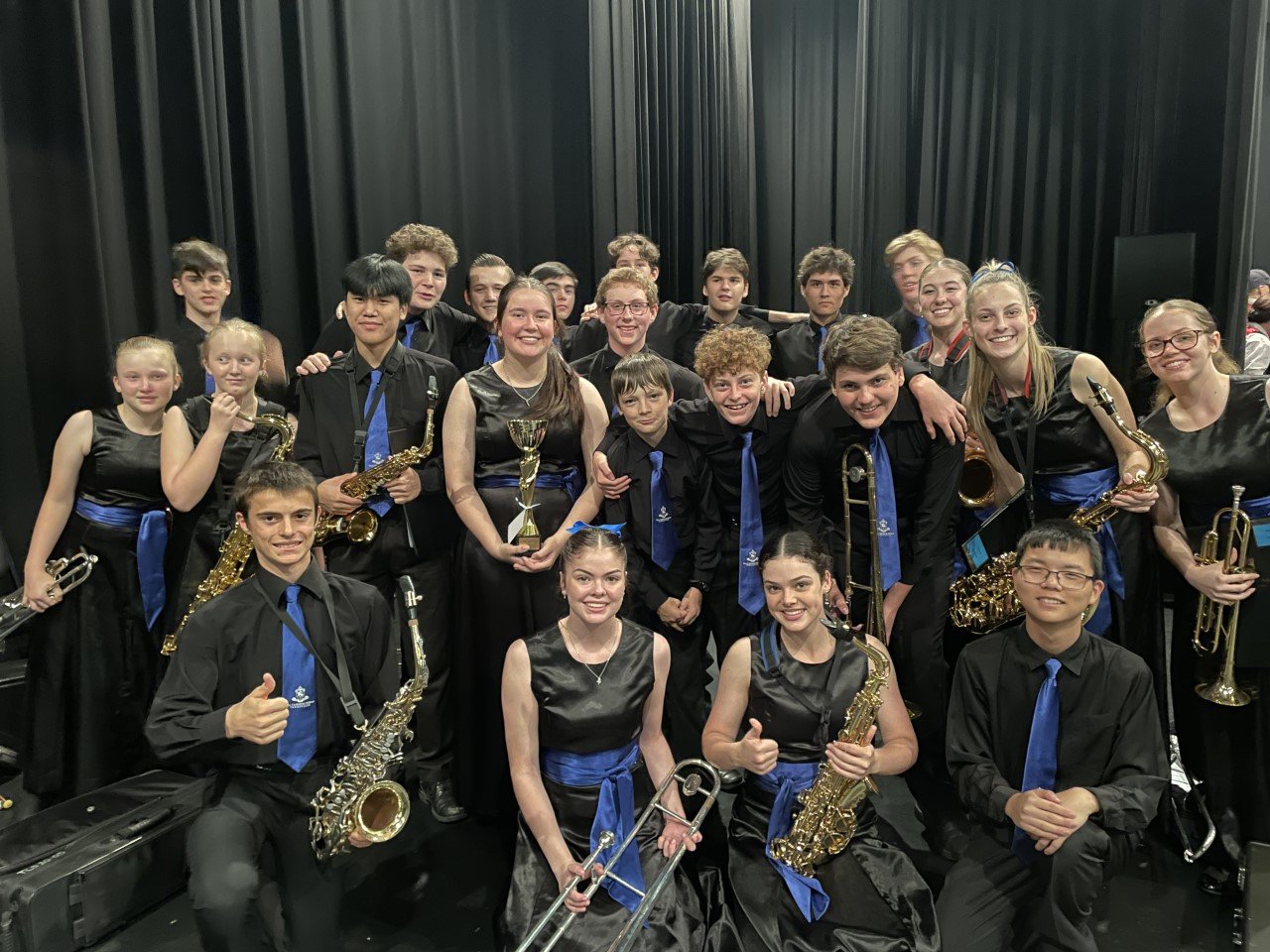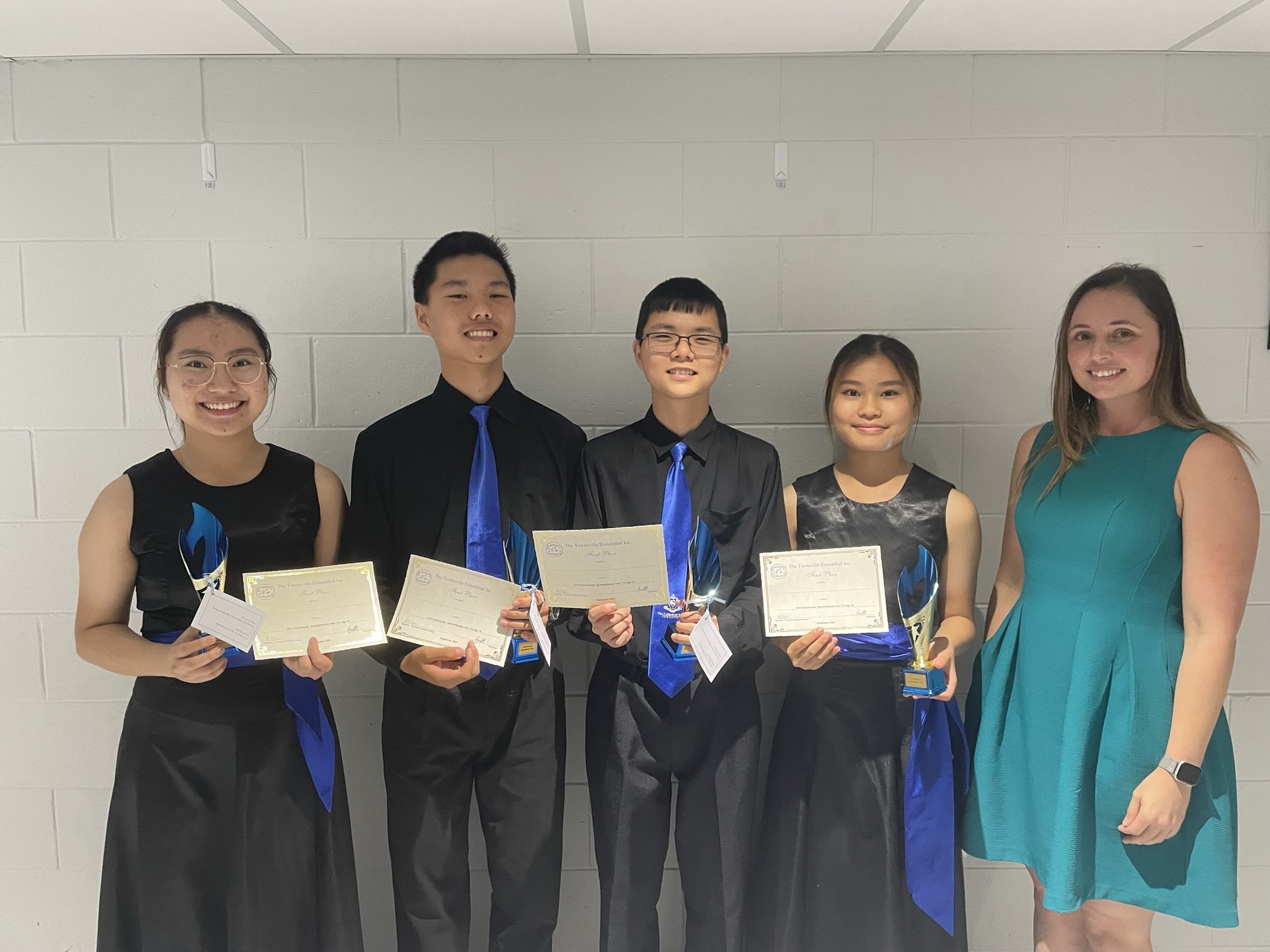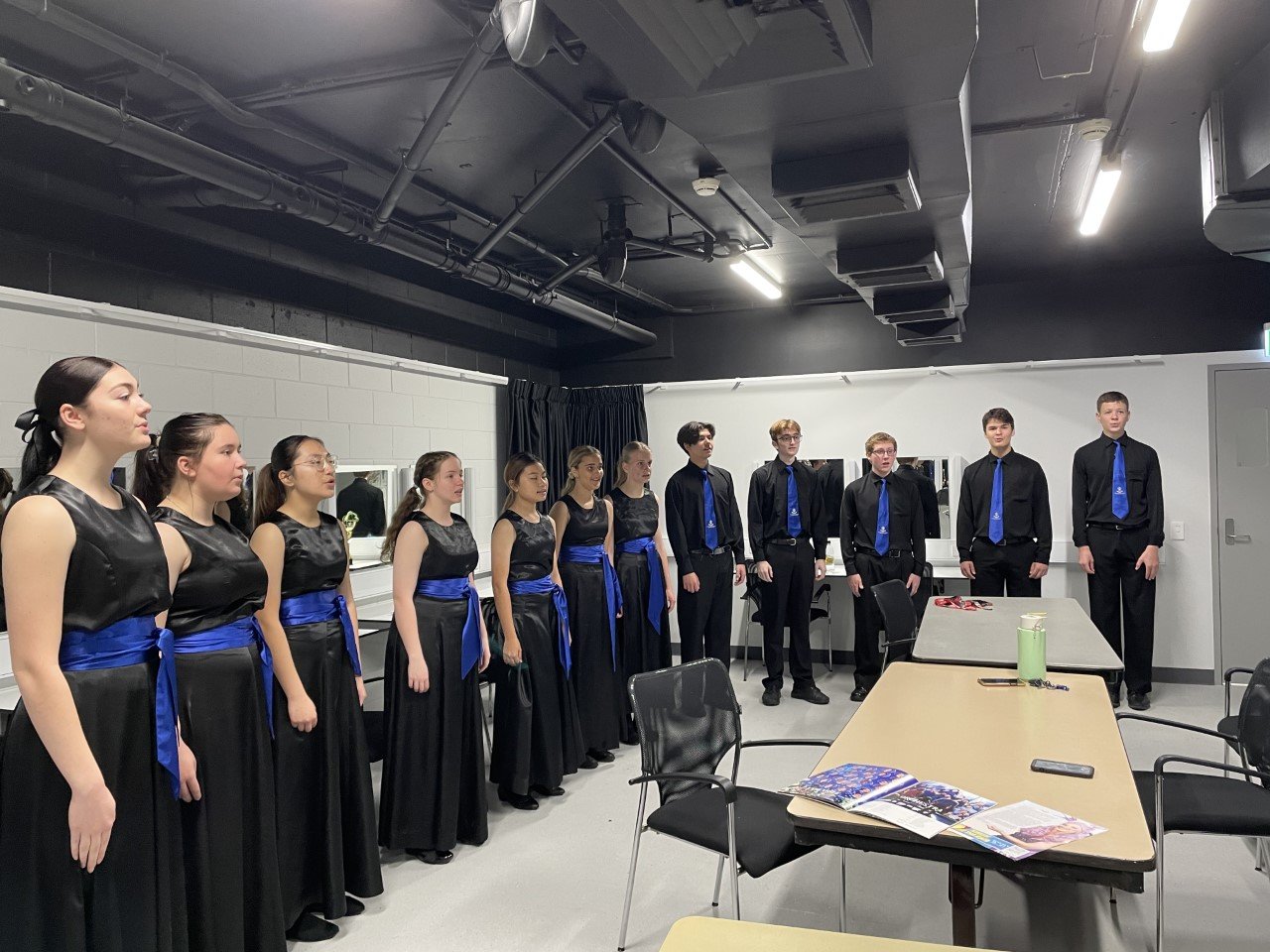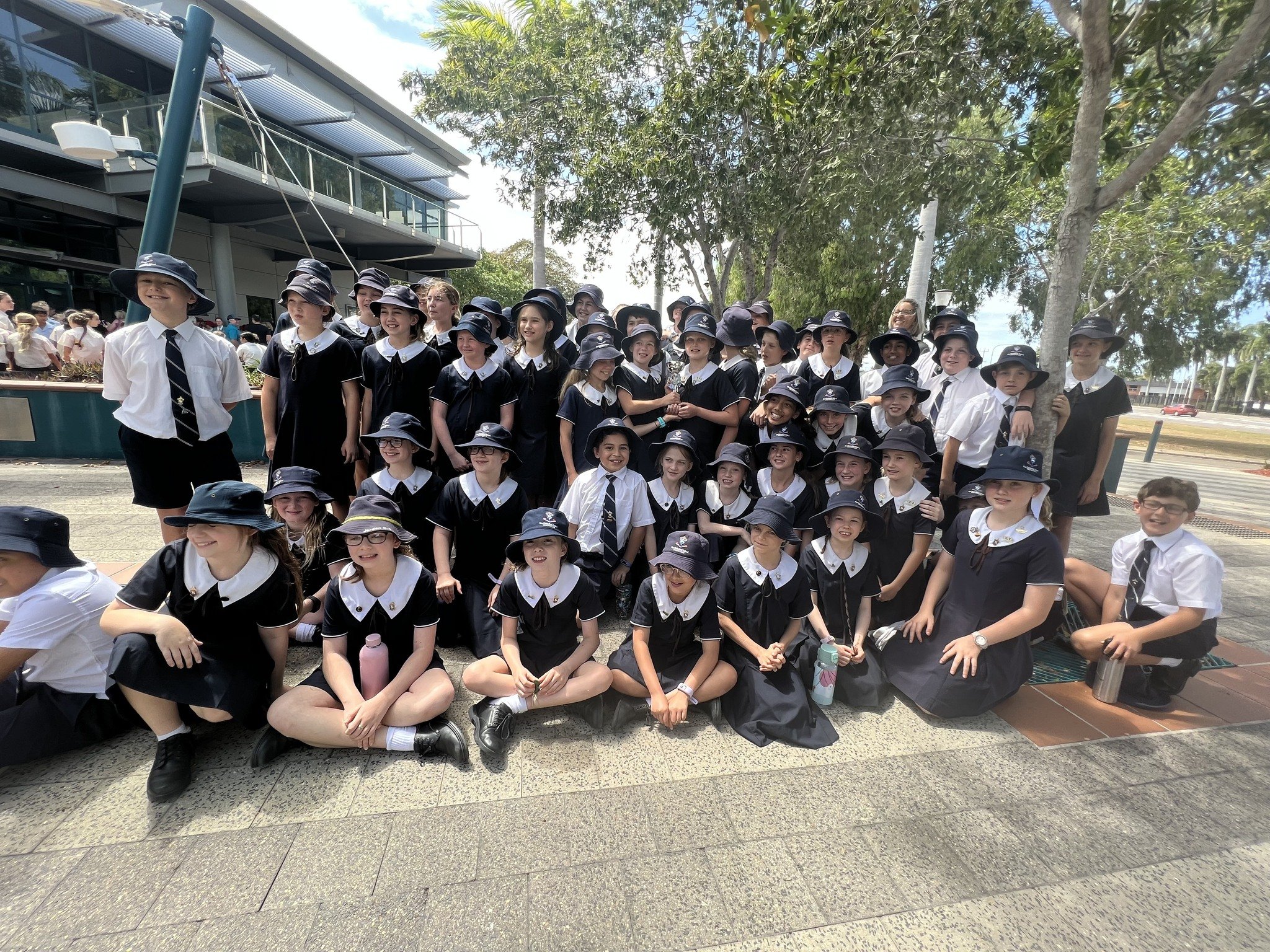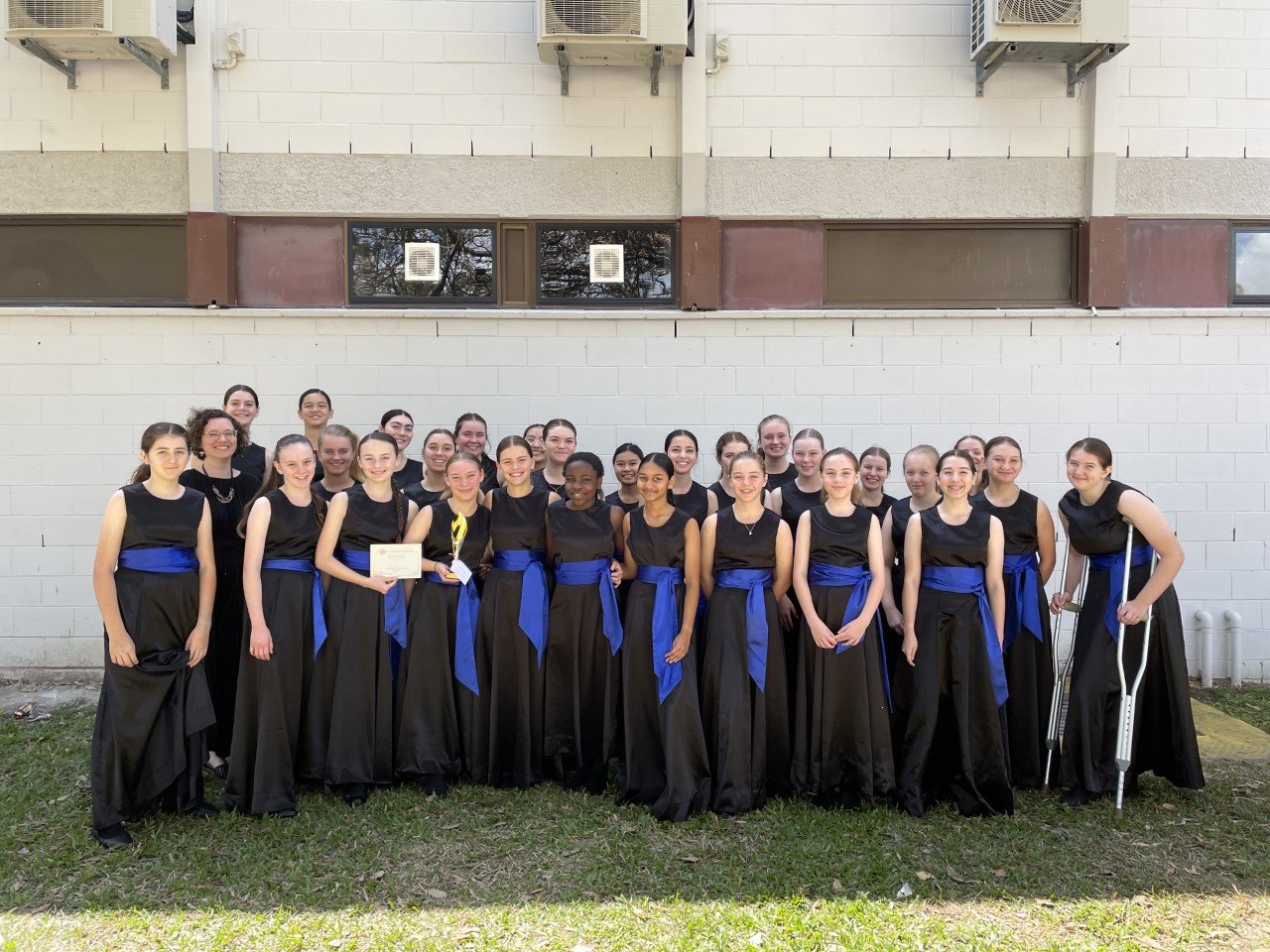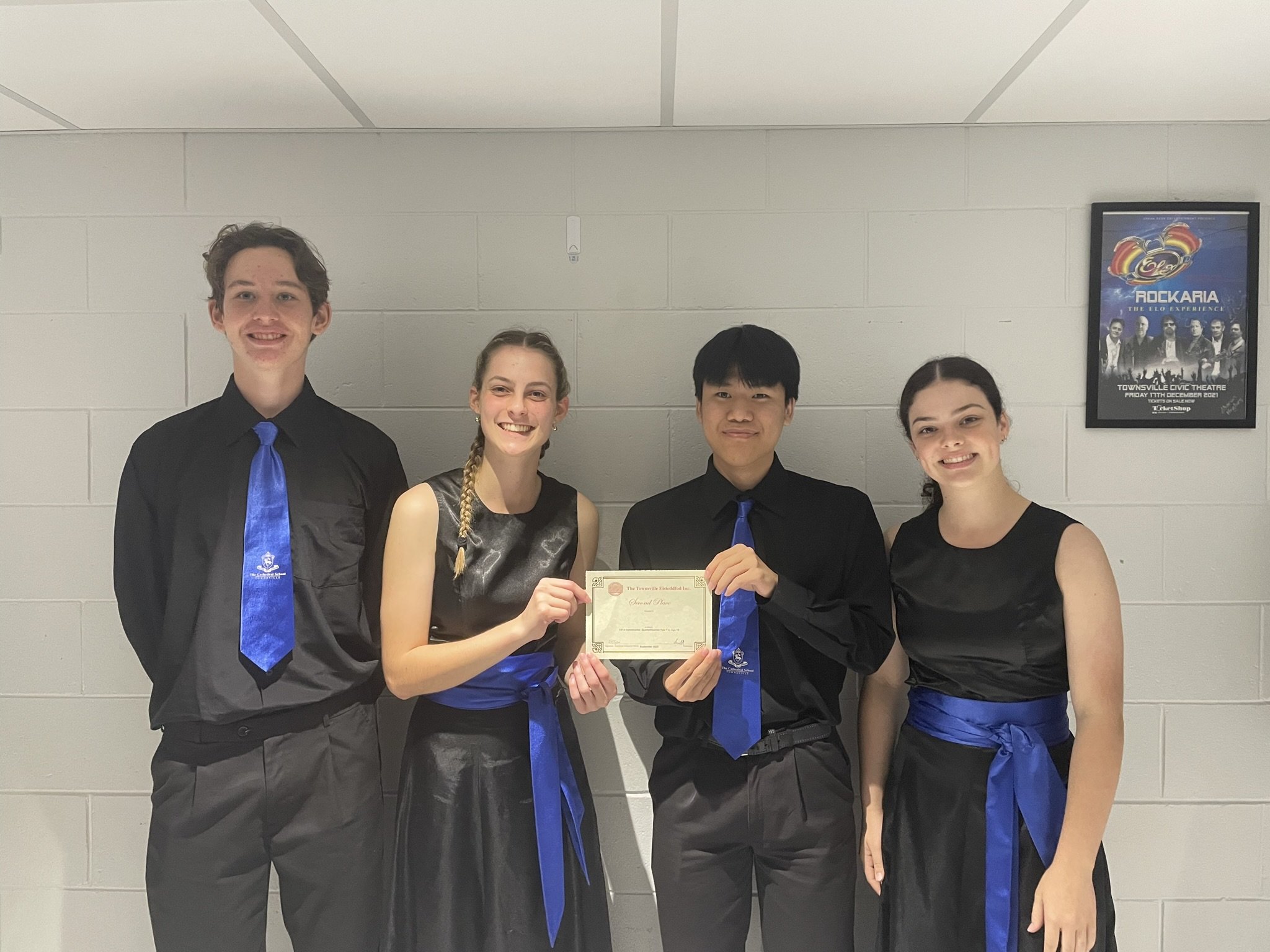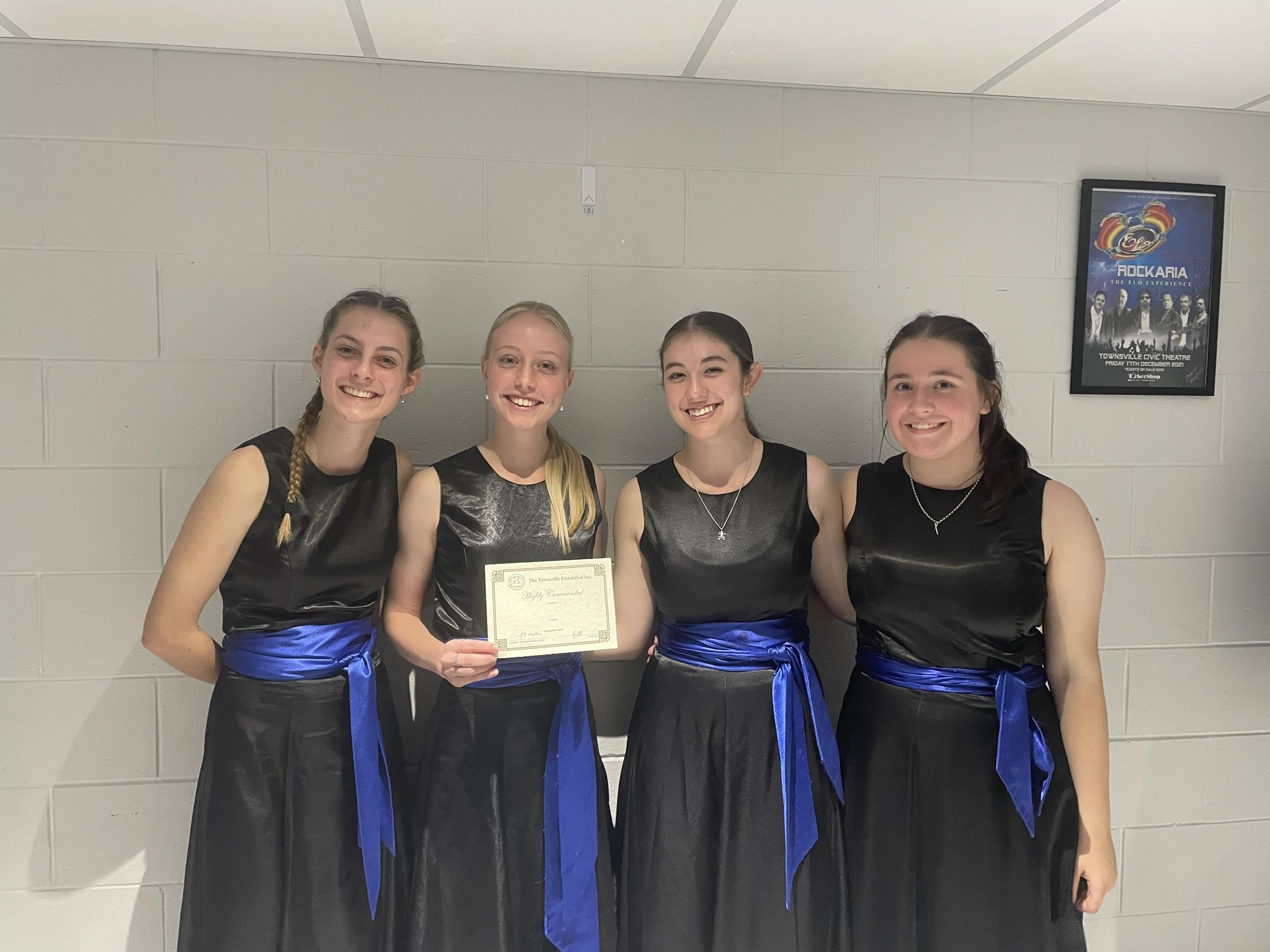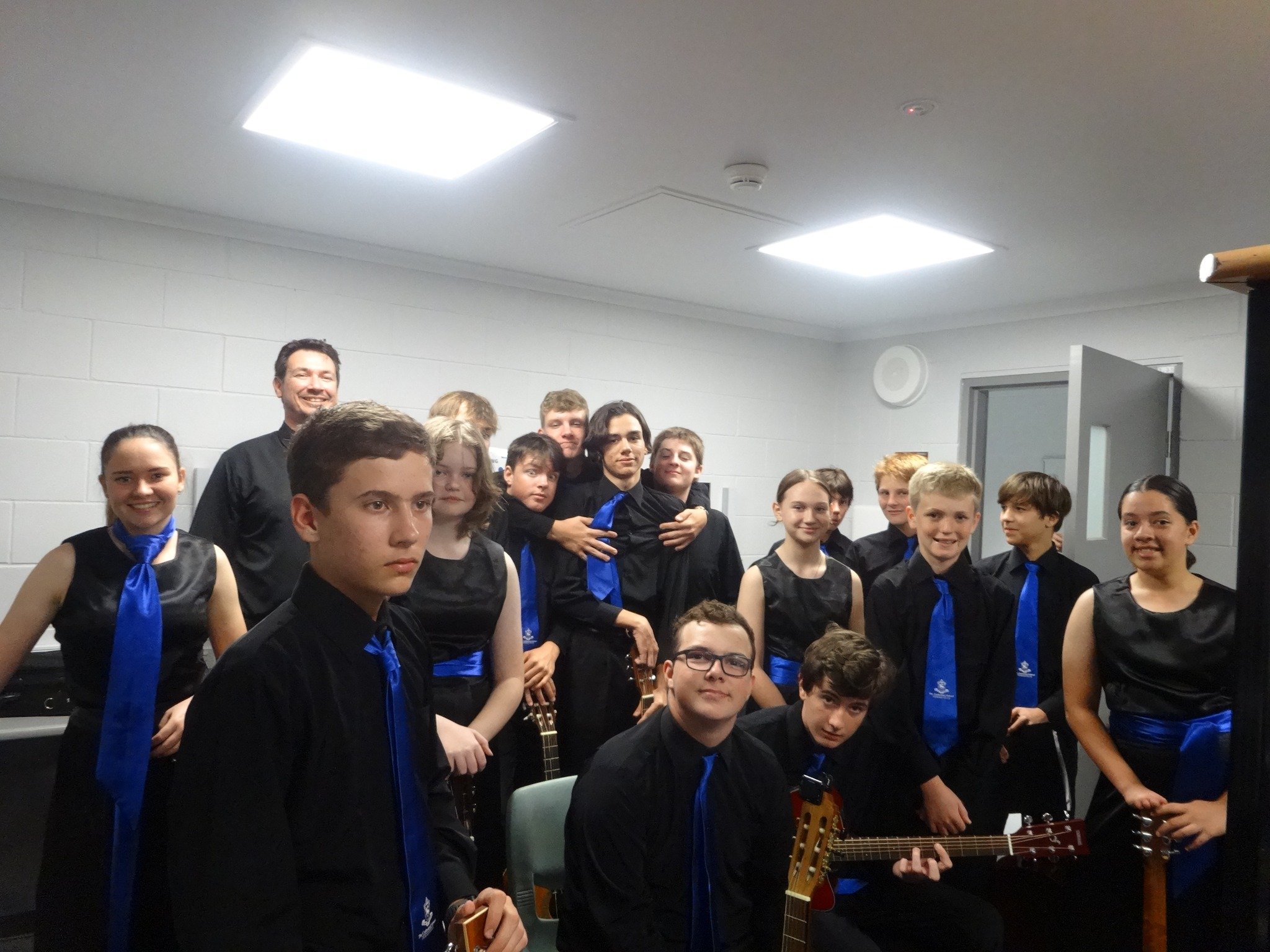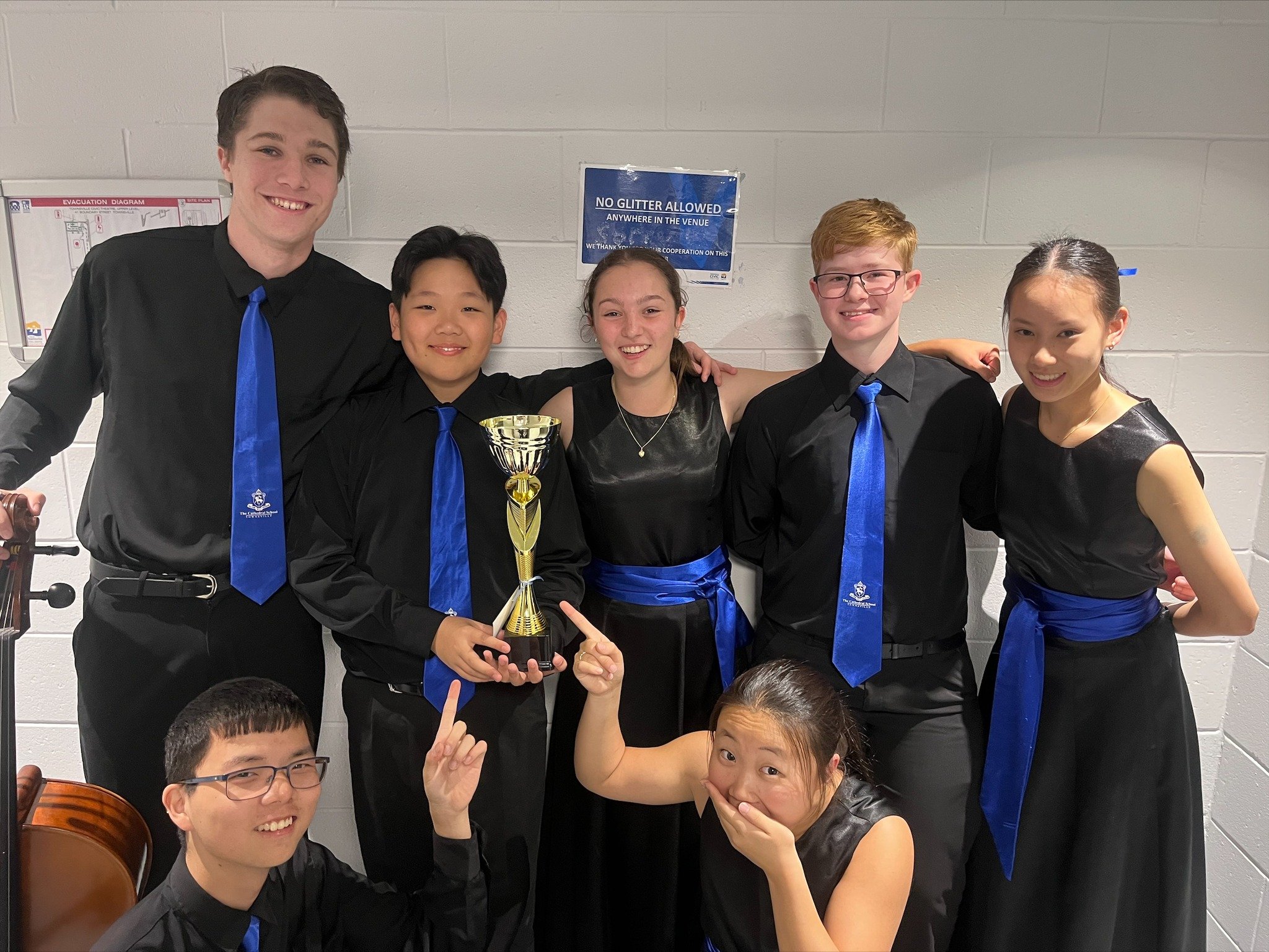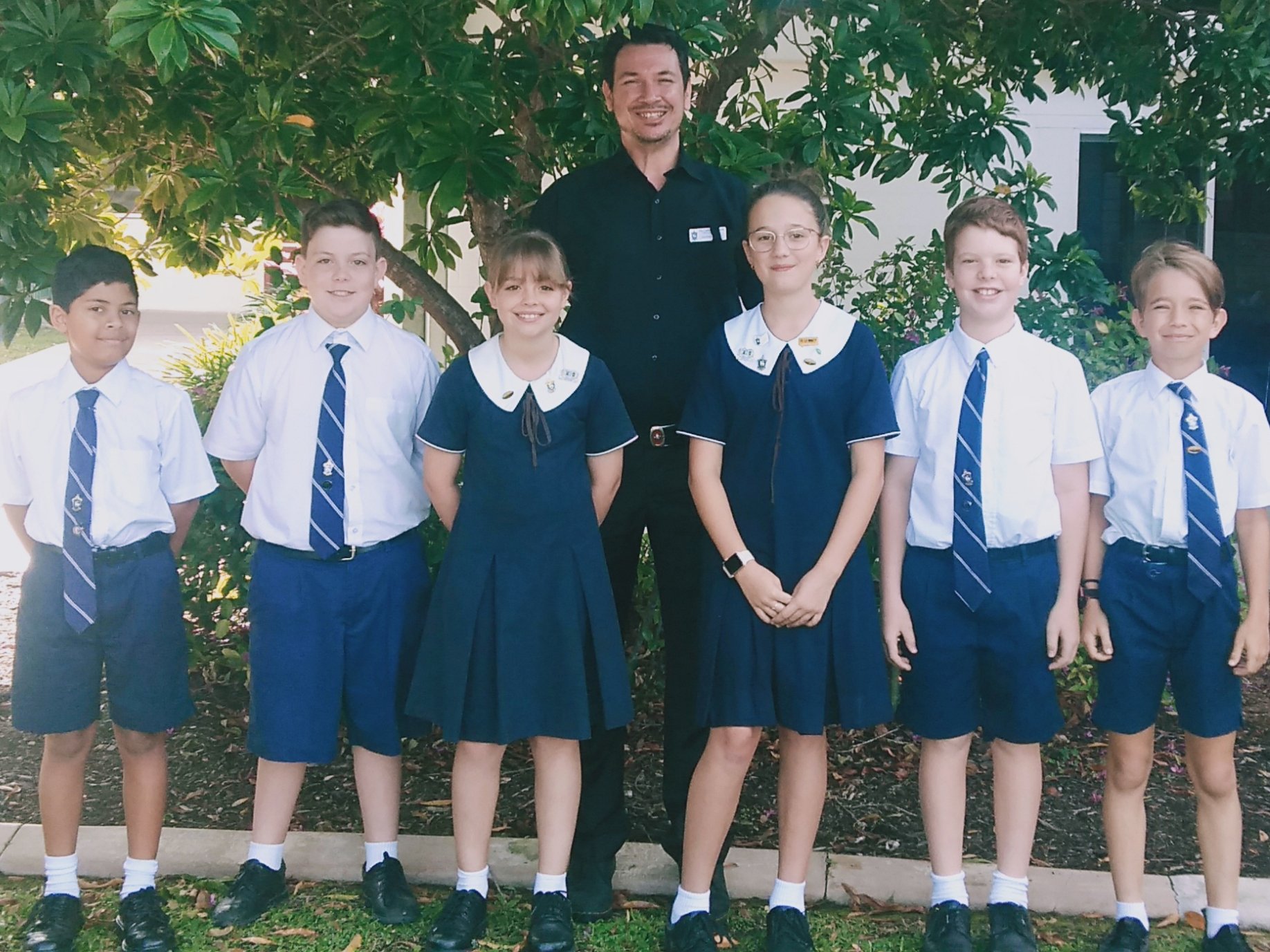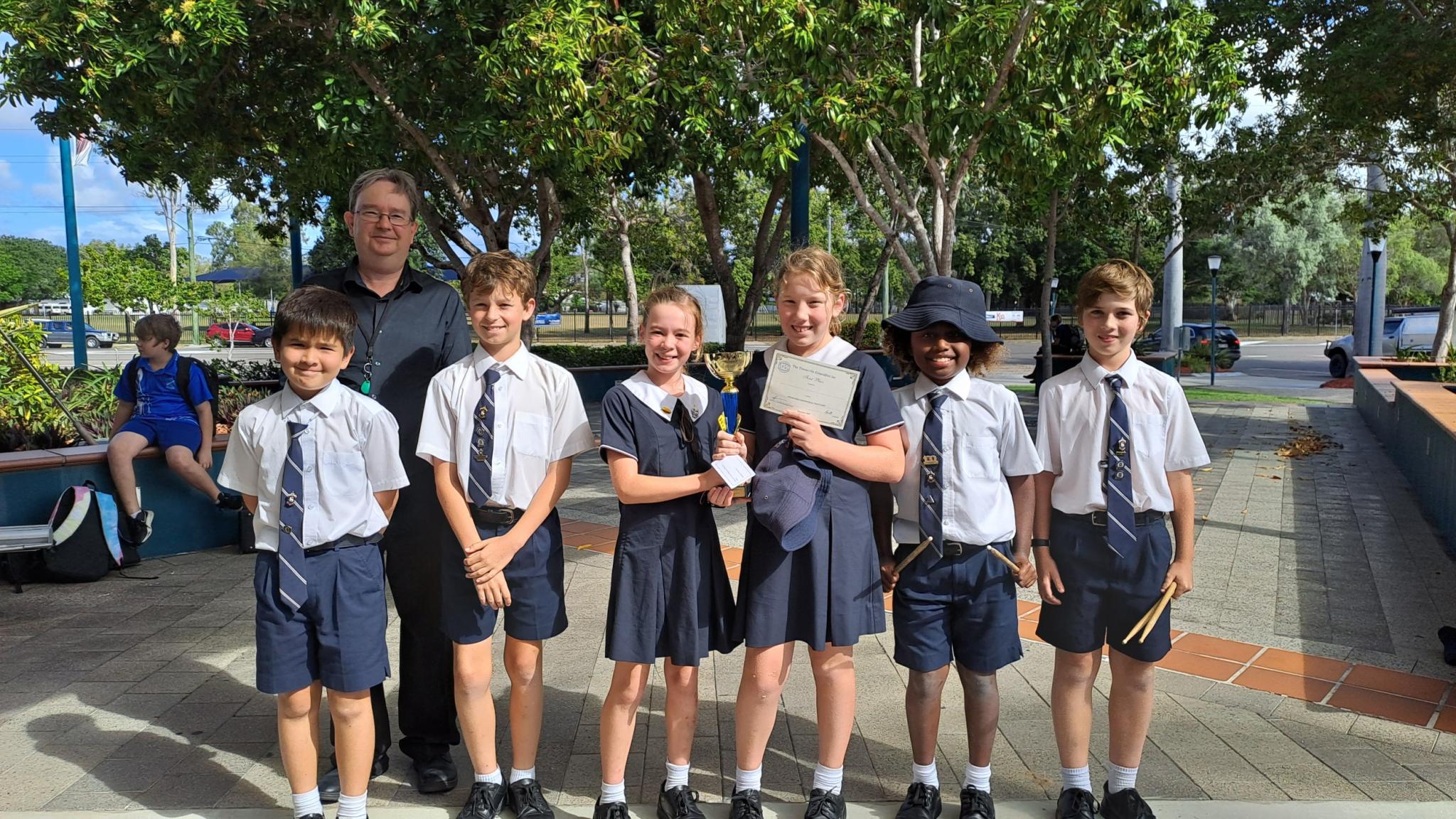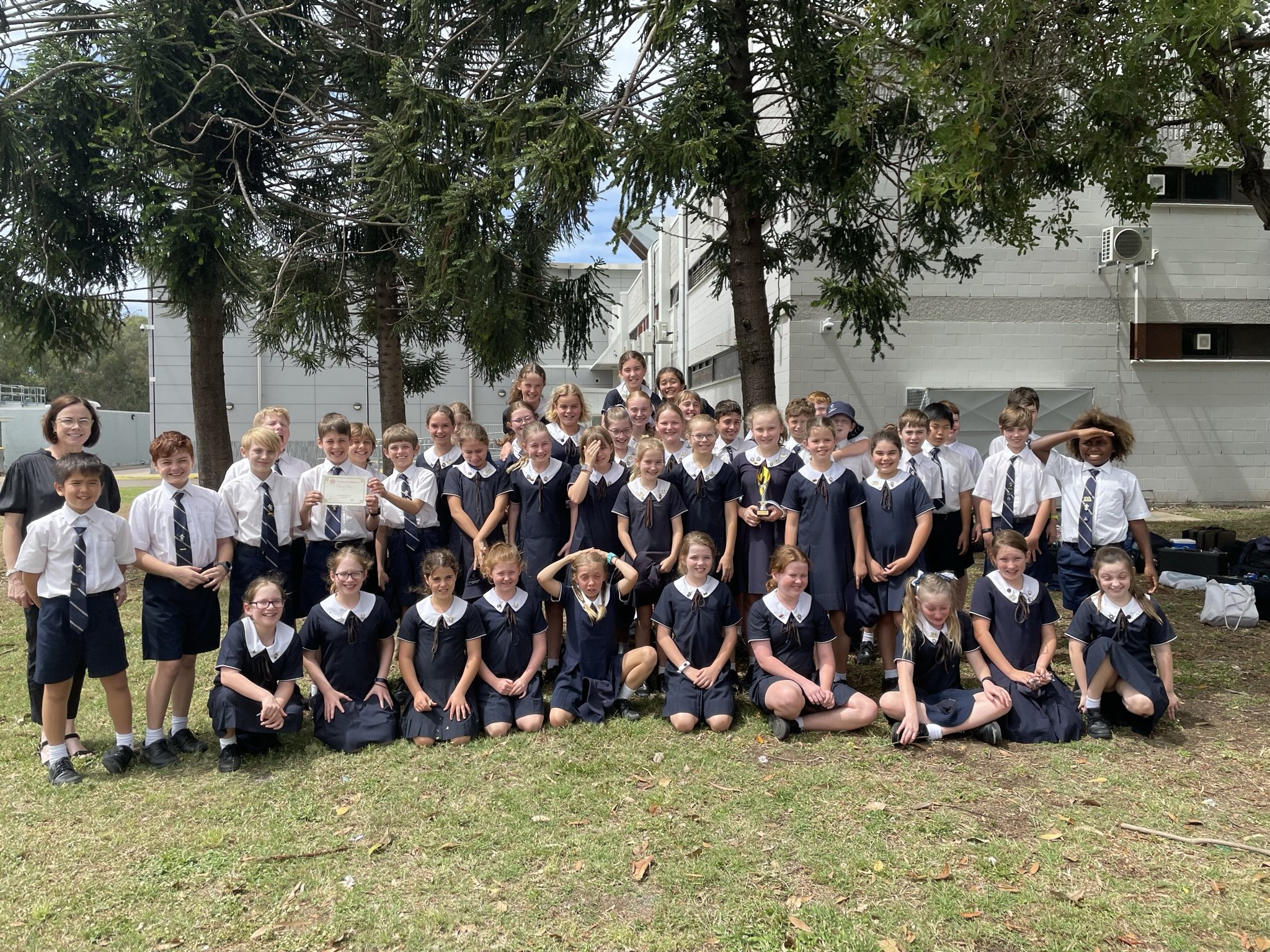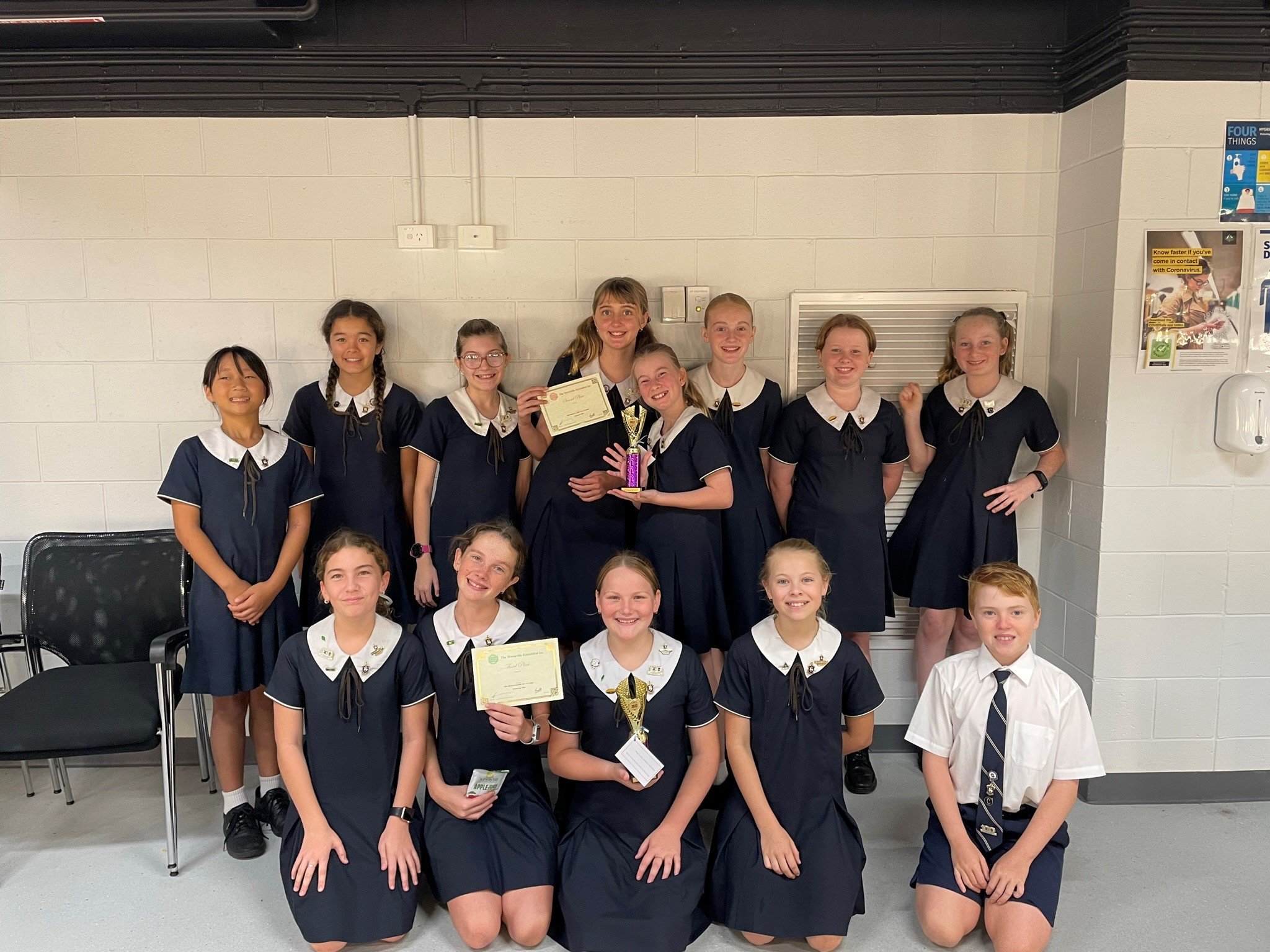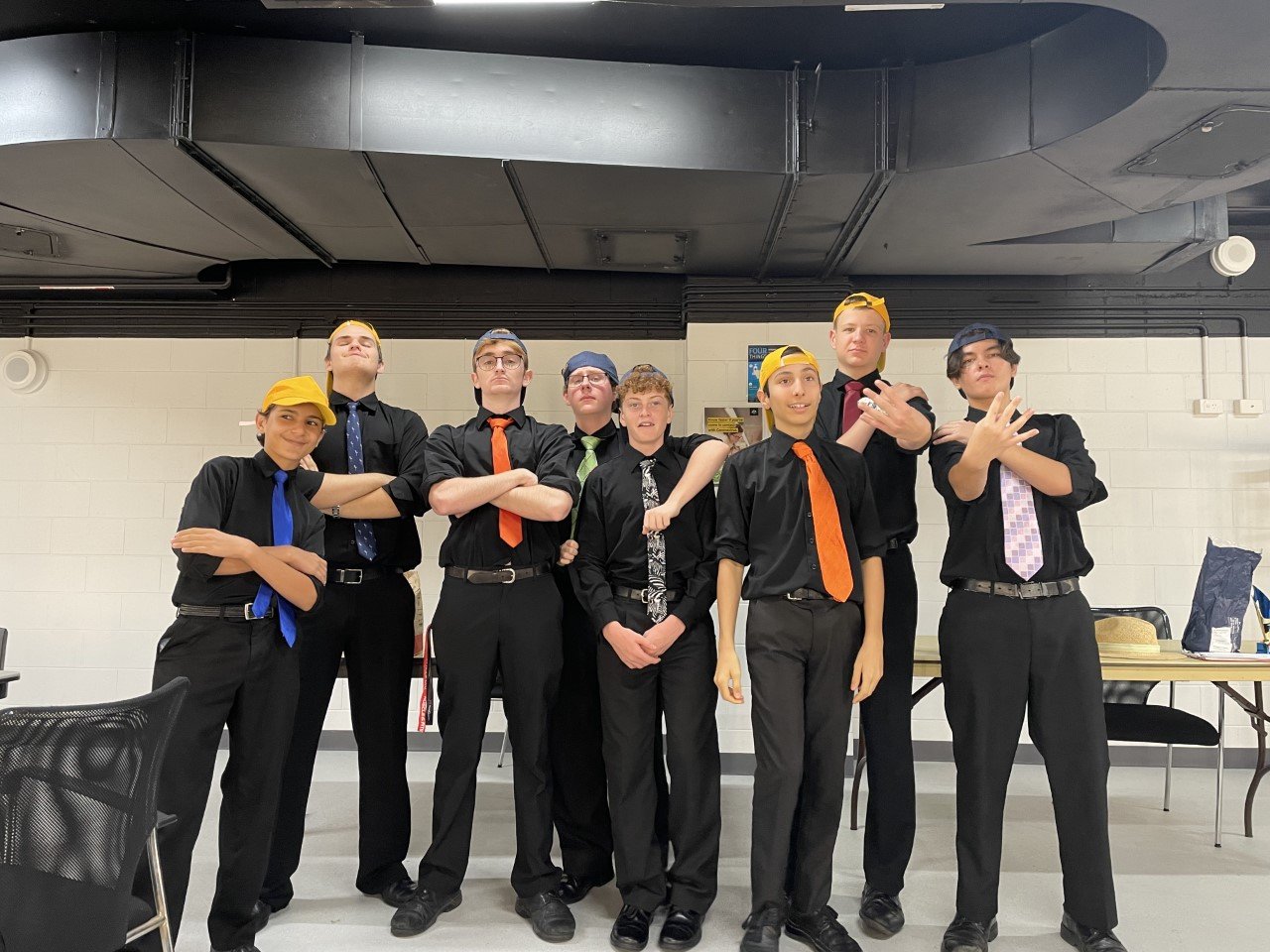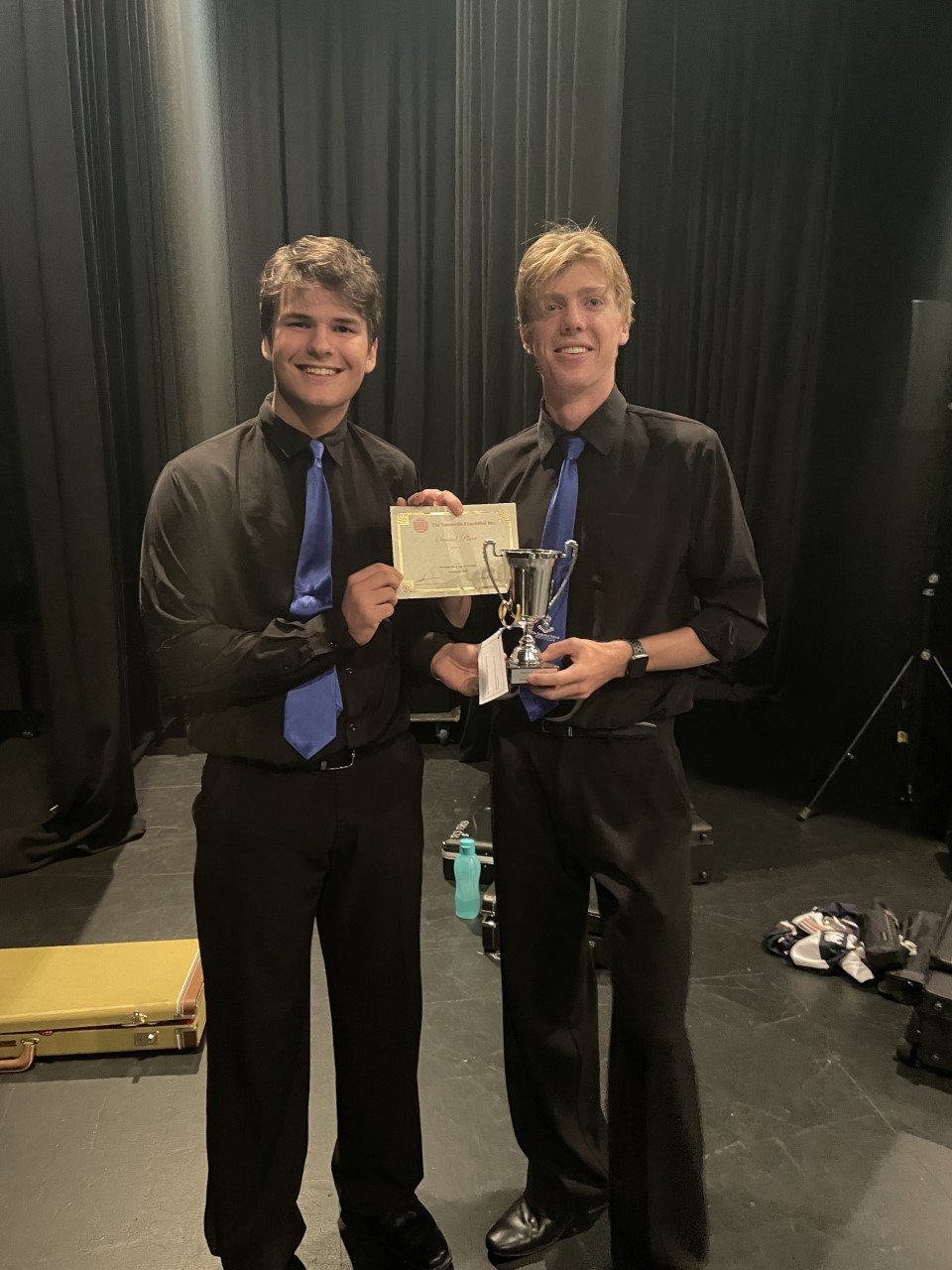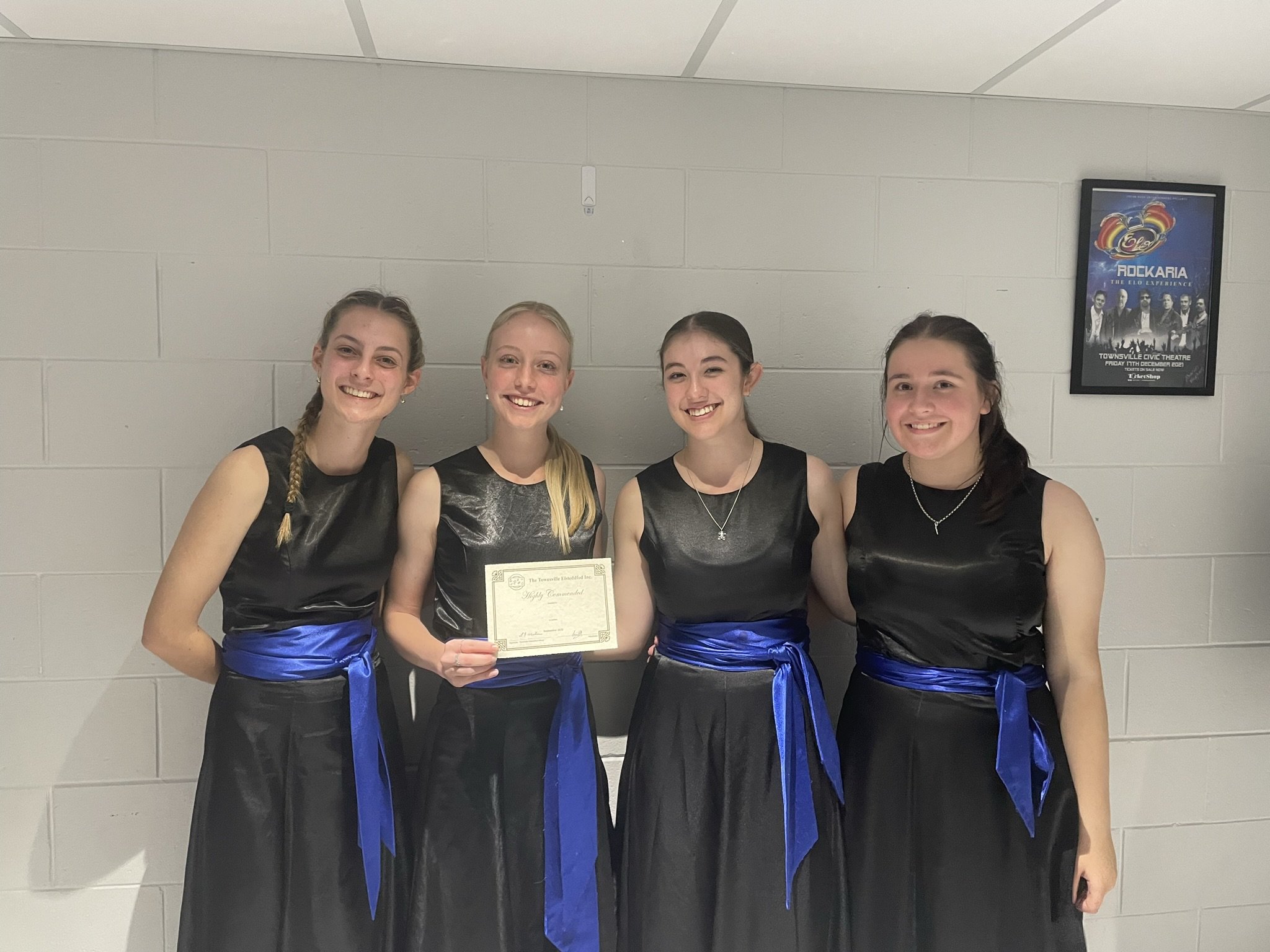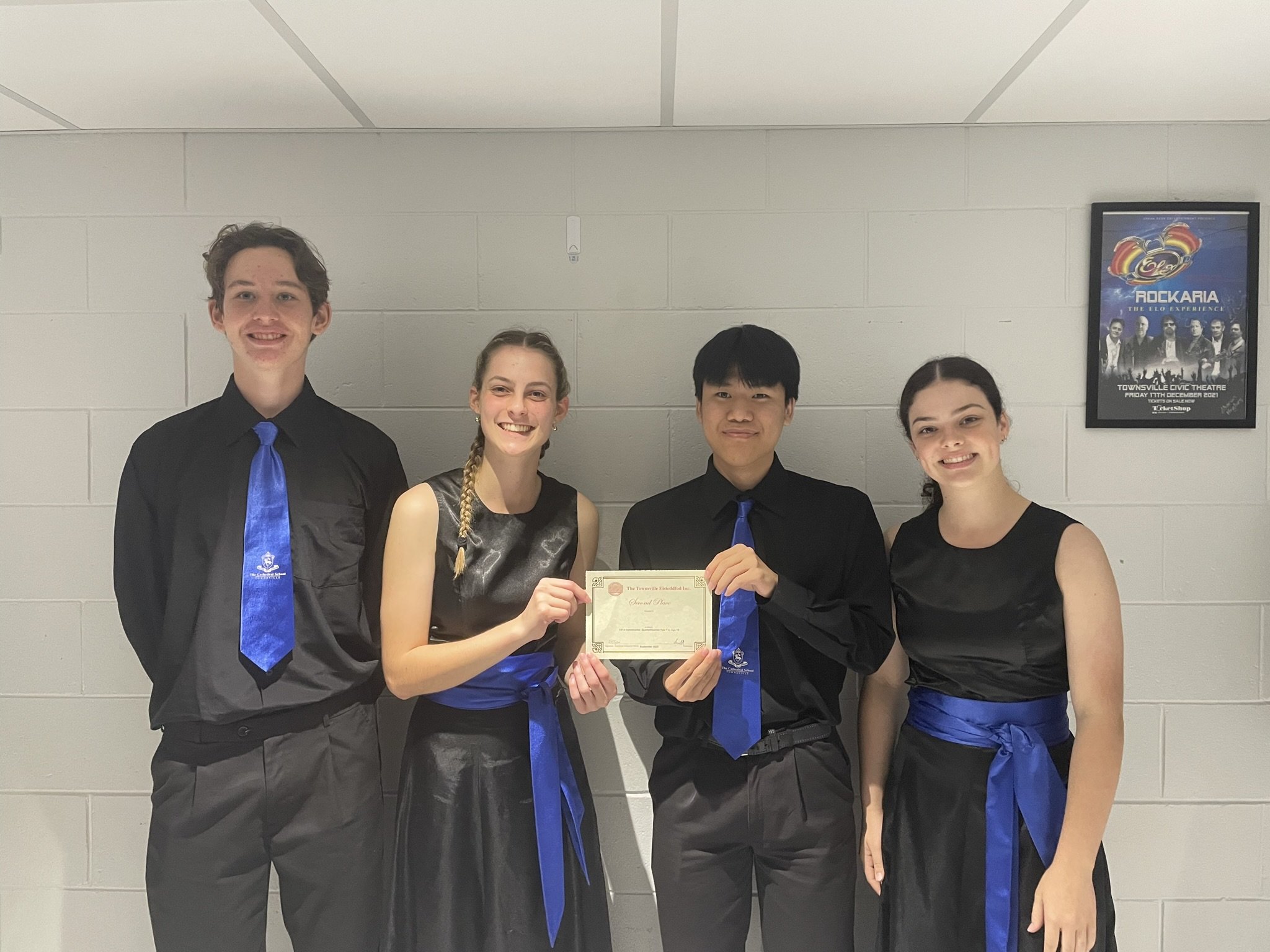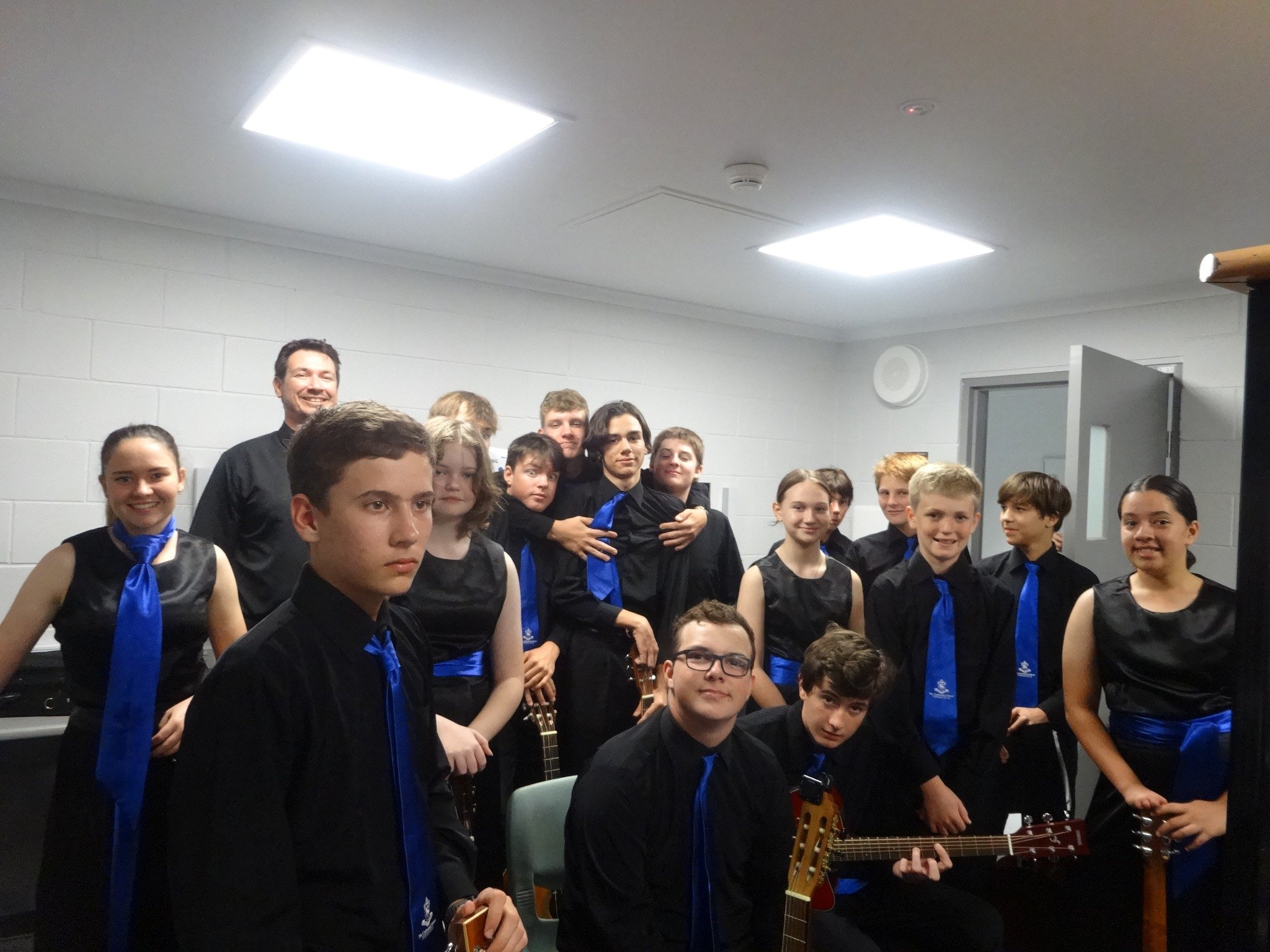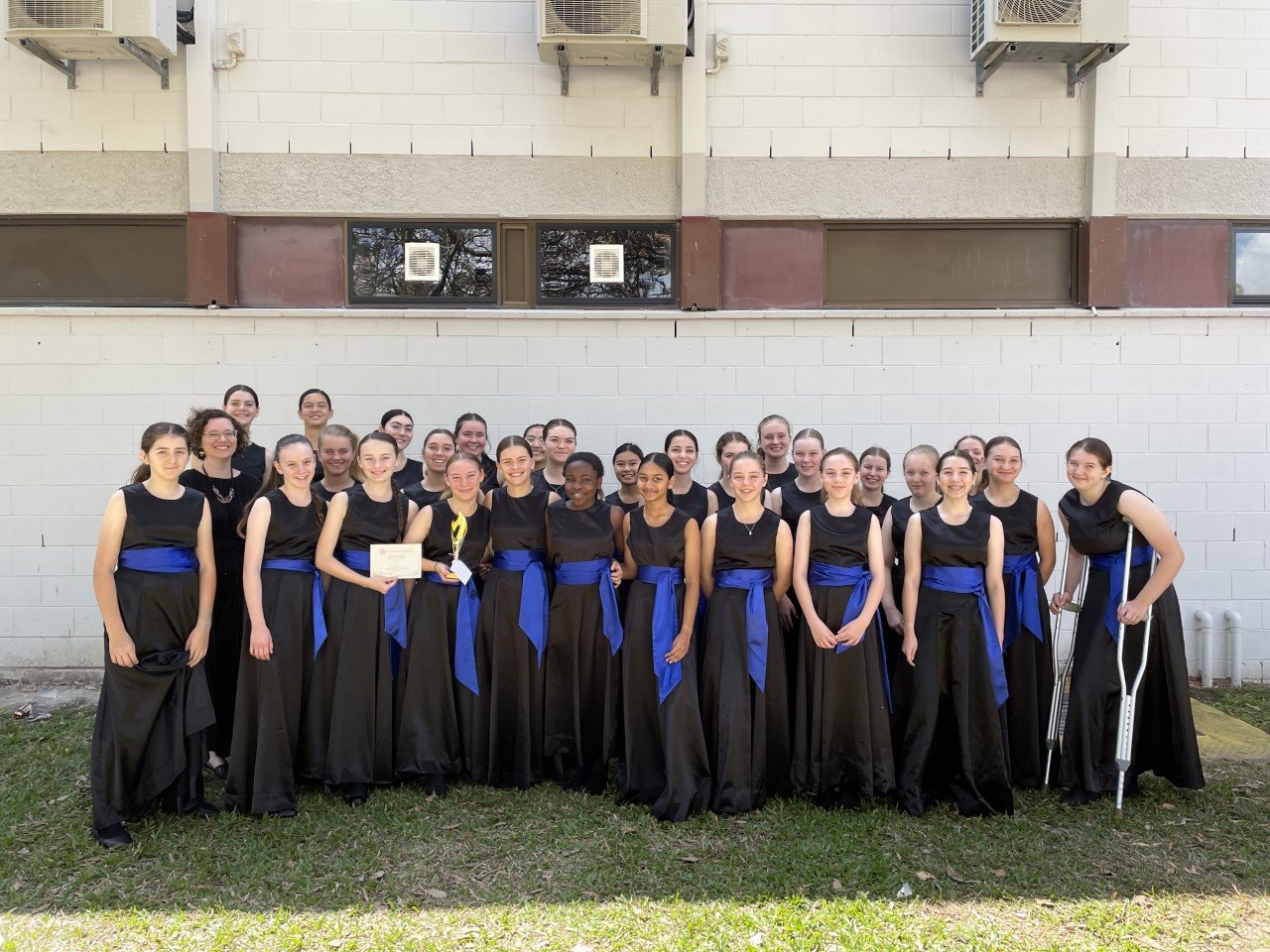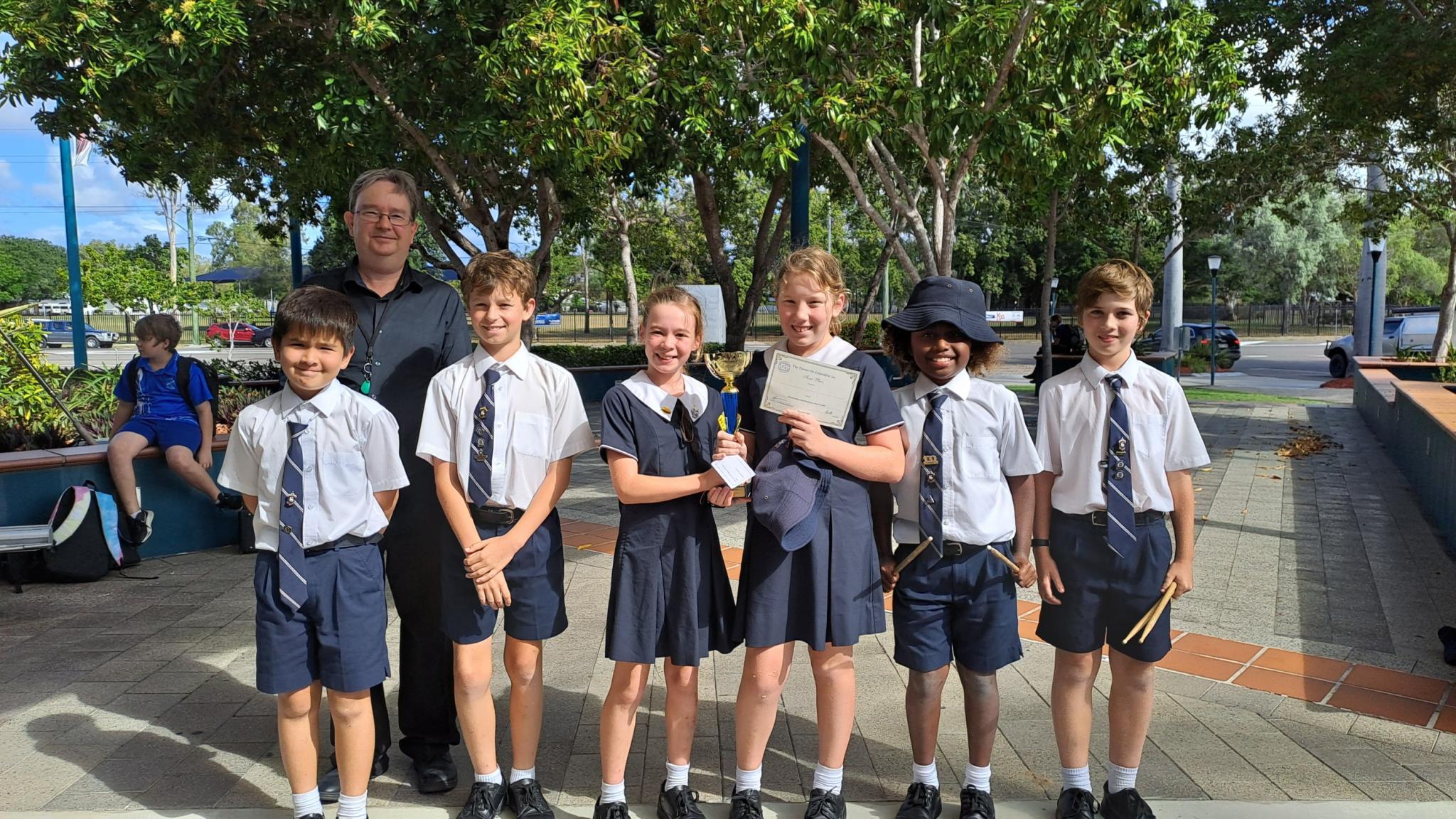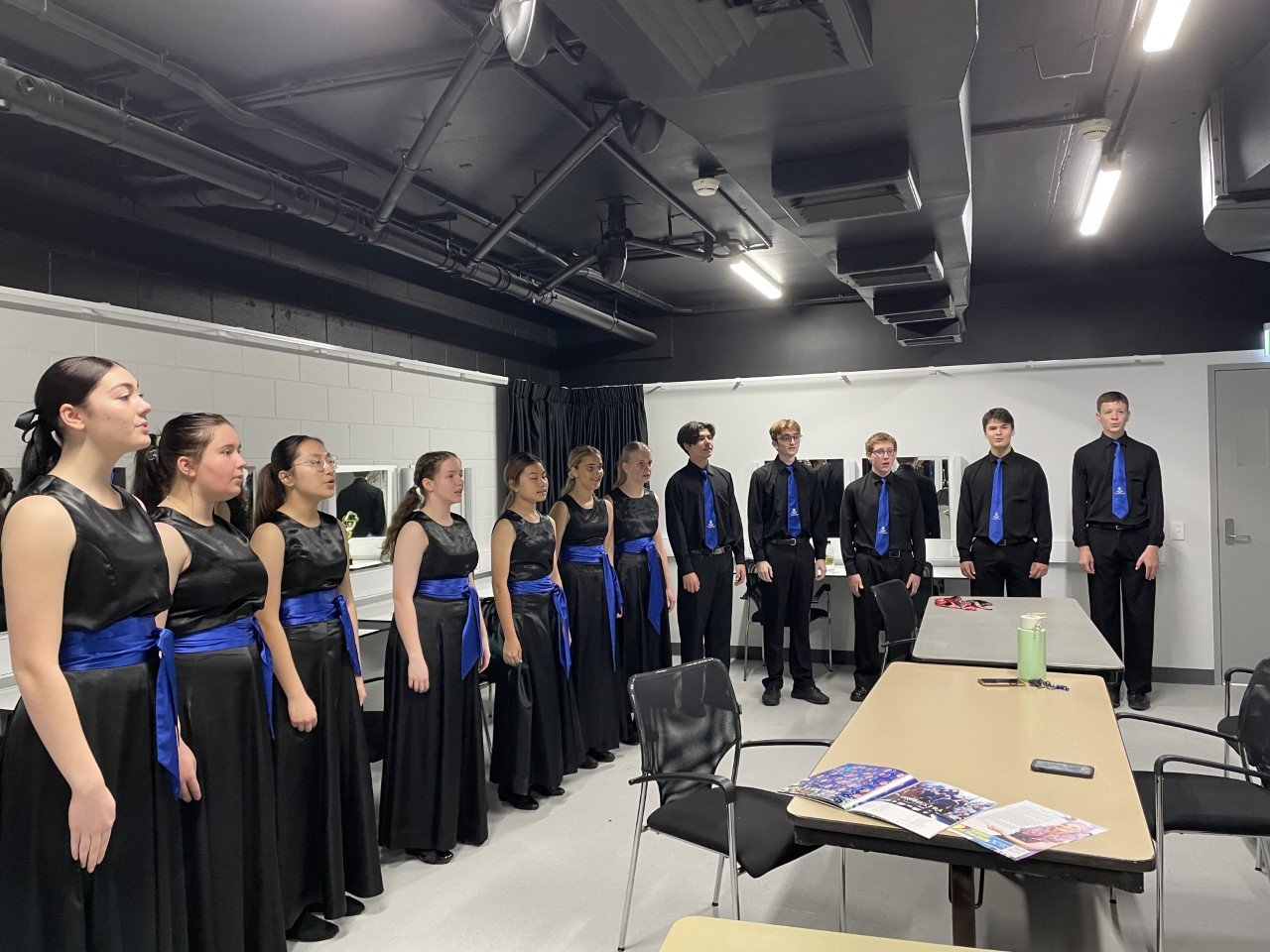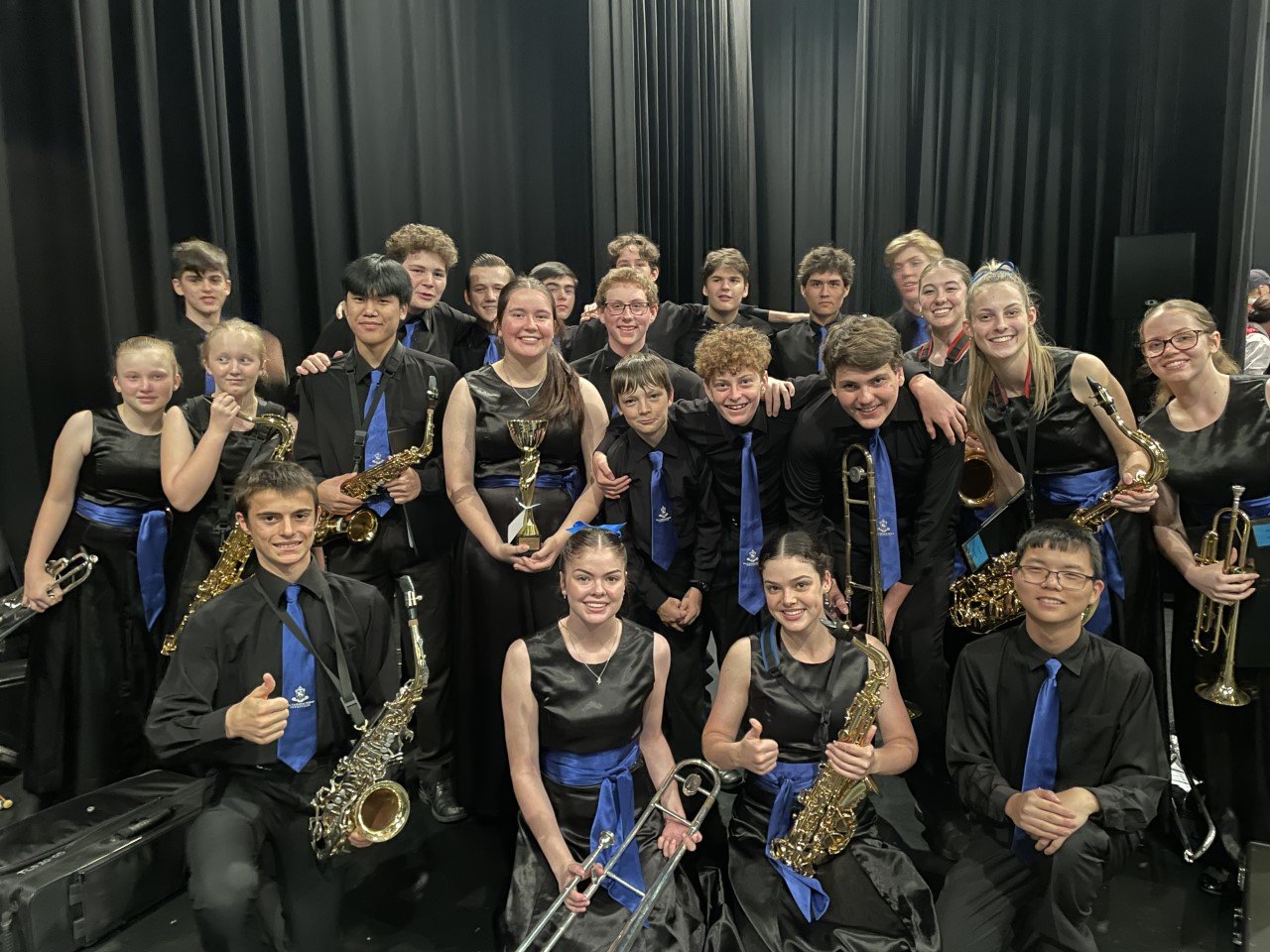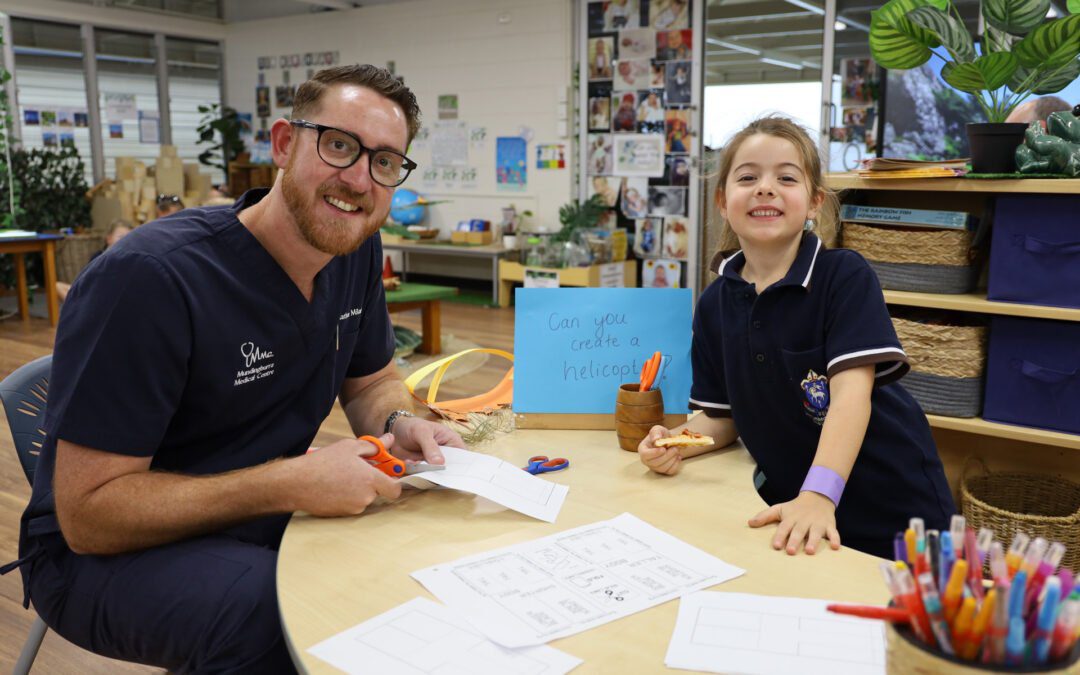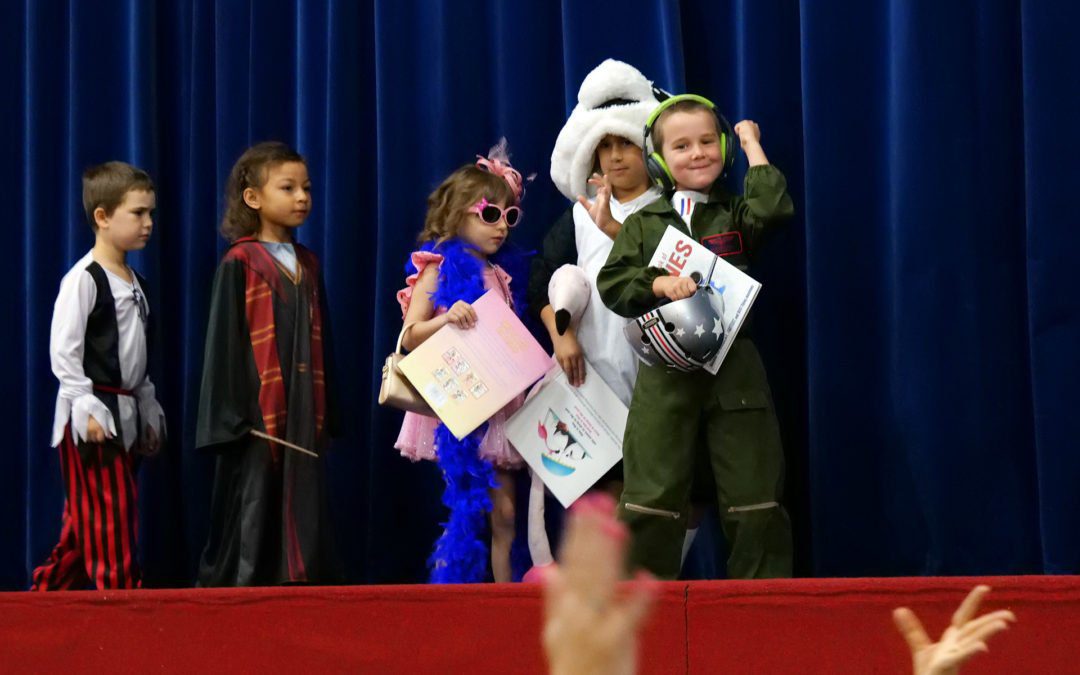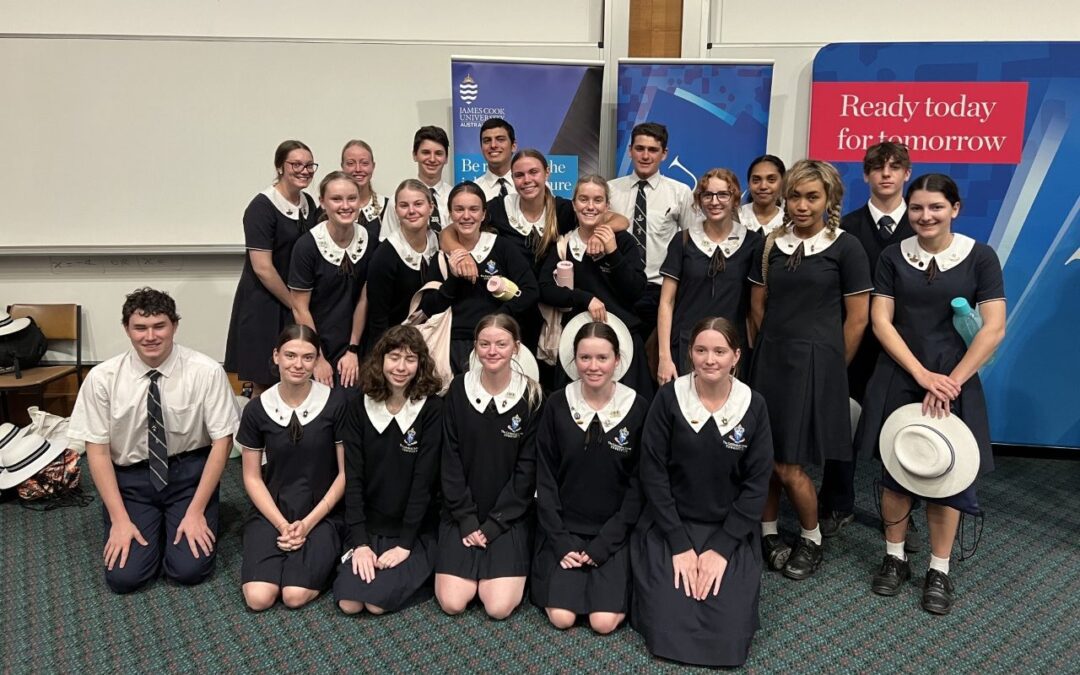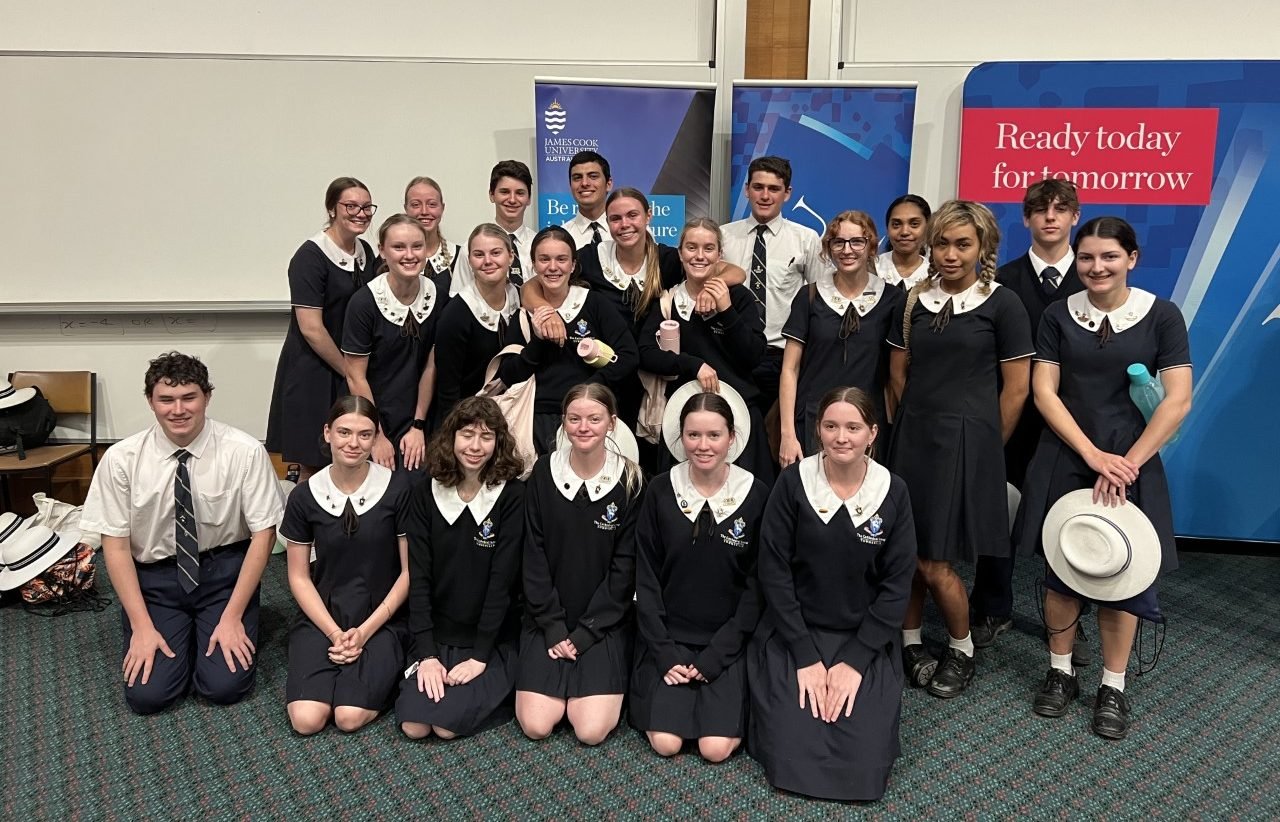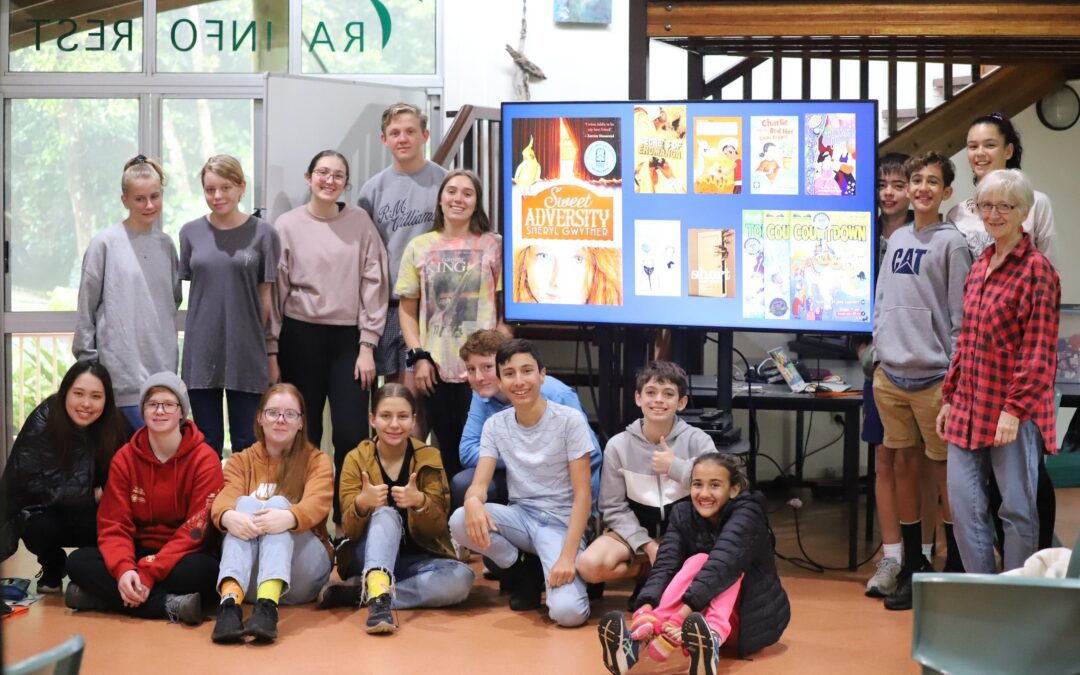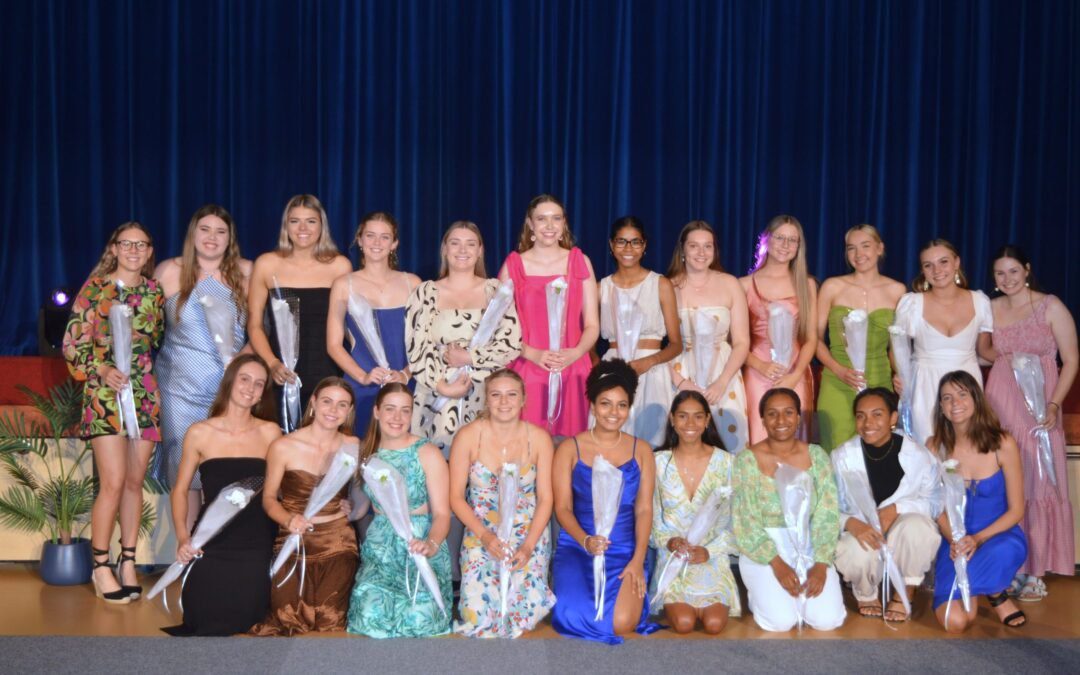
Netball Celebration & Awards
Celebrating the 2022 season of Netball at Cathedral with our yearly awards and acknowledgments.
TCS NetSetGo – End of Season Celebration
It was a fun-filled afternoon of celebration recently for our NetSetGo netballers at their end-of-season break up at the Kirwan Aquatic Centre. Players and their families enjoyed an afternoon of swimming and playing together, as well as the presentation of player medals. Our NetSetGo coaches joined in on the fun and were also acknowledged for their dedication this season.
After an afternoon filled with gratitude and celebration of a great season of netball, attendees then enjoyed the beautiful Cathedral NetSetGo cake. Thank you to Mr. Michael Porter and Mrs. Bec Bulloch for their coordination and guidance of our youngest & most enthusiastic netball teams.
2022 NetSetGo teams were:
CATHEDRAL COOKIES coached by Lily Riley & Charli Appleton – Pippa G, Molly M, Bridget B, Abigail P, Lucy M, Sophia J, Kensi M, Chloe F, Scout D & Olivia W
CATHEDRAL CUPCAKES coached by Heath Connolly & Kate Burbidge – Philippa C, Remy M, Emerson B, Emerson M, Alice C, Mia B, Hayley P & Charli H
CATHEDRAL CHIPMUNKS coached by Natalie Tritton & Keira Young – Rosie M, Zoe M, Ivy H, Charlotte Y, Katie E, Annabel G, Maia P & Lulu G
CATHEDRAL CATS coached by Miliame Mocelutu & Izzy Appleton – Laura K, Olivia G, Felicity C, Arabella N, Elliette Y, Charlotte P, Eleanor P & Frankie T
TCS NETBALL – Season 2022 Celebration and Awards
It was a beautiful evening of celebration recently for our Pearl, Topaz and Opal netballers at their end-of-season netball dinner in the Rock Centre. This year’s theme was ‘Blockbuster Movies’ which saw each team do a stellar job of decorating their table, where we had the likes of Titanic to Tangled and Jumanji to Grease. The atmosphere was lovely all evening with teams and their coach’s sharing stories of their season together and announcing their team award recipients.
Umpires were recognised and celebrated for their outstanding service, as well as coaches being acknowledged for their dedication to our teams. Major award winners for the evening were Miliame Mocelutu who was announced as ‘Student Coach of the Year’ and Mikealie Payne who received the new perpetual award for ‘Club Contribution’ donated by and to be named in recognition of Mrs Debbie Bennett-Rauch. The official proceedings concluded with a tearful farewell to our departing Year 12 netballers and a heartfelt tribute to Mrs Debbie Bennett-Rauch who is retiring from netball coaching after 15 years of service to our club and whose presence will be missed immensely.
After a night filled with gratitude and celebration of a great season of netball, attendees then kicked up their heels and enjoyed some energetic dancing for the remainder of the evening led enthusiastically by our senior players on the stage.
Team award winners were:
LEGACY
Most Consistent – Zoe Rebgetz
Players’ Player – Mikealie Payne
HERITAGE
Most Consistent – Makenzii Fromberg
Most Improved – Rachel Cook
SPIRIT
Most Consistent – Louise Krogh
Players’ Player – Charanti Andrews
PRIDE
Most Consistent – Milla Armitage
Most Improved – Molly Gysberts
HONOUR
Most Consistent – Charlotte Smith
Most Improved – Mackenzie Horan
COURAGE
Most Consistent – Izabelle Appleton
Most Improved – Yasmin Lane
GLORY
Most Consistent – Natalie Tritton
Most Improved – Jessica McDonald
CLASSICS
Most Consistent – Shaquana Castors
Most Consistent – Claire Saro
CHAOS
Most Consistent – Akeelah Harrigan
Most Improved – Yanche Neal
CYCLONES
Most Consistent – Grace Hood
Most Improved – Mia Clive
CANNONS
Most Consistent – Maddi McLean
Most Improved – Emily Cook
CRUSADERS
Most Consistent – Jakya Bligh
Most Improved – Claire Kratzmann
COMETS
Most Consistent – Molly Pool
Most Improved – Sophie Pope
CHECKERS
Most Consistent – Abbey Gillinder
Most Improved – Sophie Spreadborough
COYOTES
Most Consistent – Eleanor Saro
Most Improved – Ella Hodda
COBRAS
Most Consistent – Madeline Turner
Most Improved – Caitlyn Cavanagh
CANARIES
Most Consistent – Sophia Saro
Most Improved – Eve Musumeci
CHAMELEONS
Most Consistent – Jacquie O’Halloran
Most Improved – Mila Halpin
Congratulations to all of these players for their outstanding achievement this year and to all of our teams, coaches & umpires for a great season.

